Here are my favorite poems to memorize categorized:
- Short poems to memorize
- Easy poems to memorize
- Poems to memorize for students
So if you want the best poems to memorize, then you’re in the right place.
Let’s get into it!
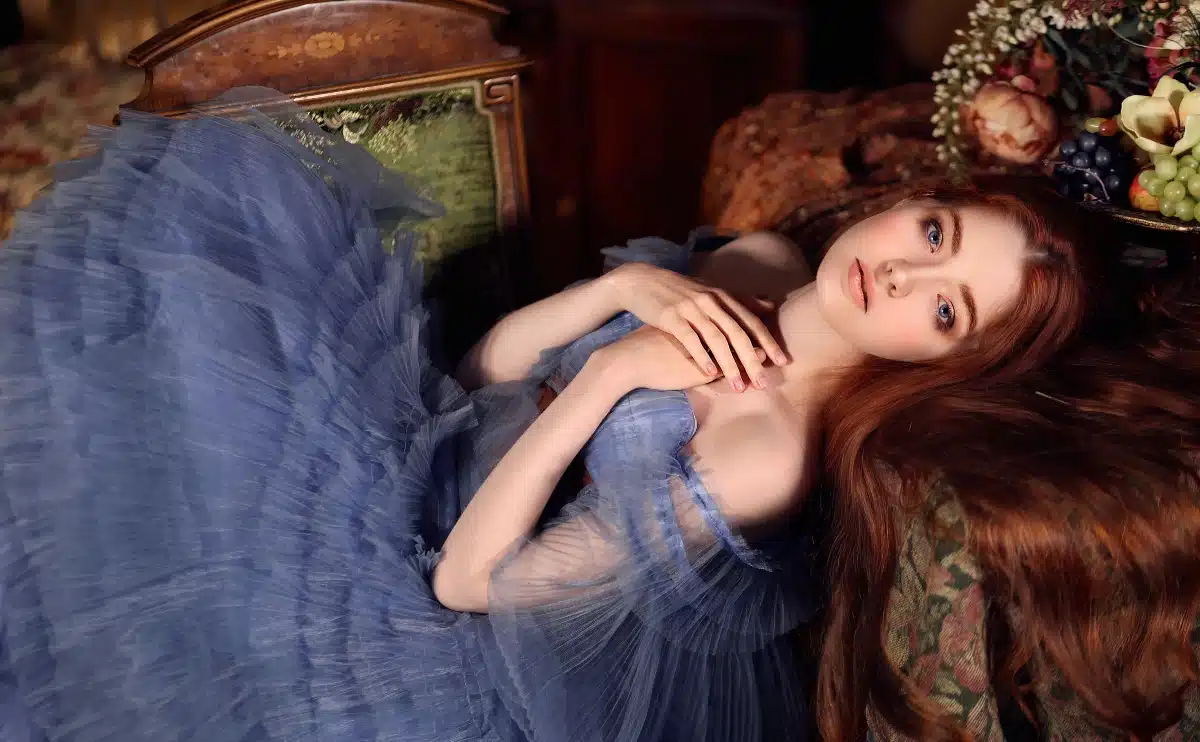
Mesmeric Poems to Memorize
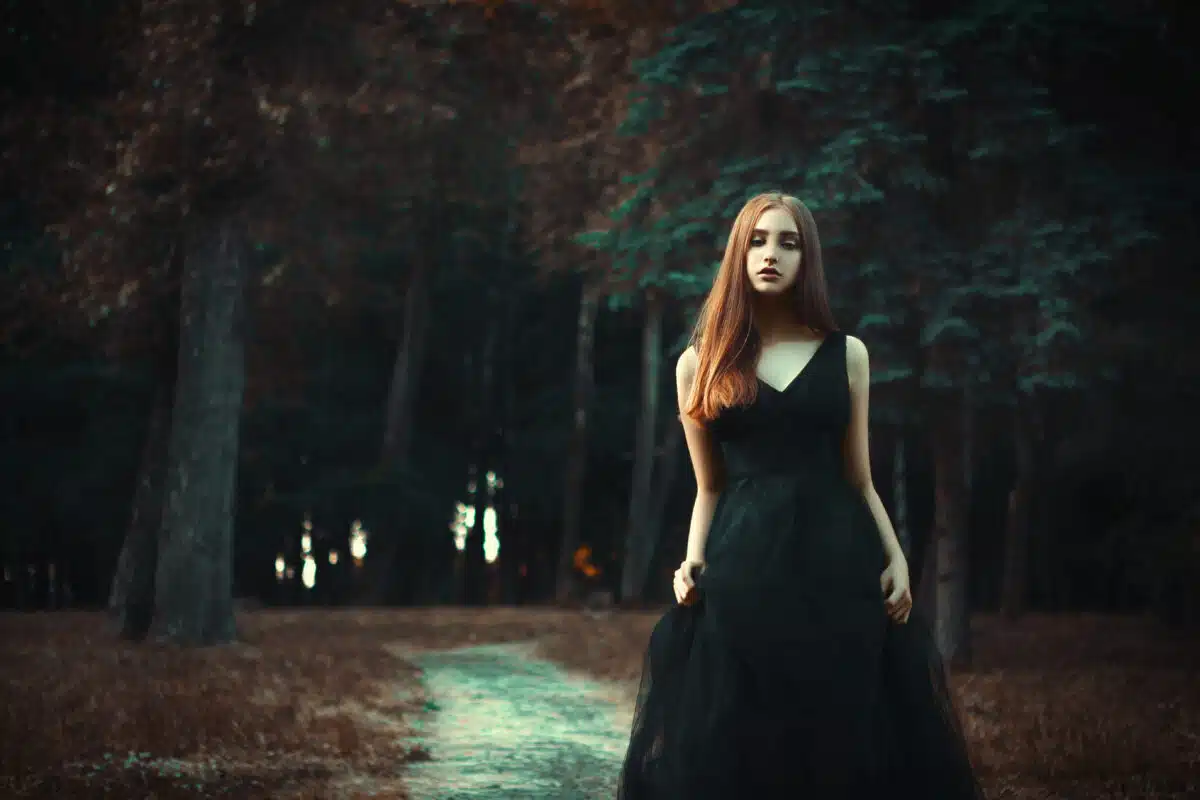
Unlock the captivating world of memorization with a curated collection of the most mesmerizing poems ever written.
Immerse yourself in the enchantment of concise and evocative short poems, their words weaving their way into the tapestry of your memory.
Explore the realm of easy-to-memorize poems, where the rhythmic cadence and poignant imagery effortlessly etch themselves into your mind, creating an everlasting connection with the beauty of language.
Let’s go!
My #1 Favorite Poem to Memorize

“Nothing Gold Can Stay” by Robert Lee Frost
Nature’s first green is gold,
Her hardest hue to hold.
Her early leaf’s a flower;
But only so an hour.
Then leaf subsides to leaf.
So Eden sank to grief,
So dawn goes down to day.
Nothing gold can stay.
Short Poems to Memorize

“Song” by Robert Browning
The year’s at the spring,
And day’s at the morn;
Morning’s at seven;
The hill-side’s dew-pearled;
The lark’s on the wing;
The snail’s on the thorn;
God’s in His Heaven—
All’s right with the world!
“Hope” by Emily Elizabeth Dickson
Hope is the thing with feathers
That perches in the soul,
And sings the tune without the words,
And never stops at all,
And sweetest in the gale is heard;
And sore must be the storm
That could abash the little bird
That kept so many warm.
I ‘ve heard it in the chillest land,
And on the strangest sea;
Yet, never, in extremity,
It asked a crumb of me.
“Unchanging” by Friedrich Martin Von Bodenstedt (Translation from the German)
In early days methought that all must last;
Then I beheld all changing, dying, fleeting;
But though my soul now grieves for much that’s past,
And changeful fortunes set my heart oft beating,
I yet believe in mind that all will last,
Because the old in new I still am meeting.
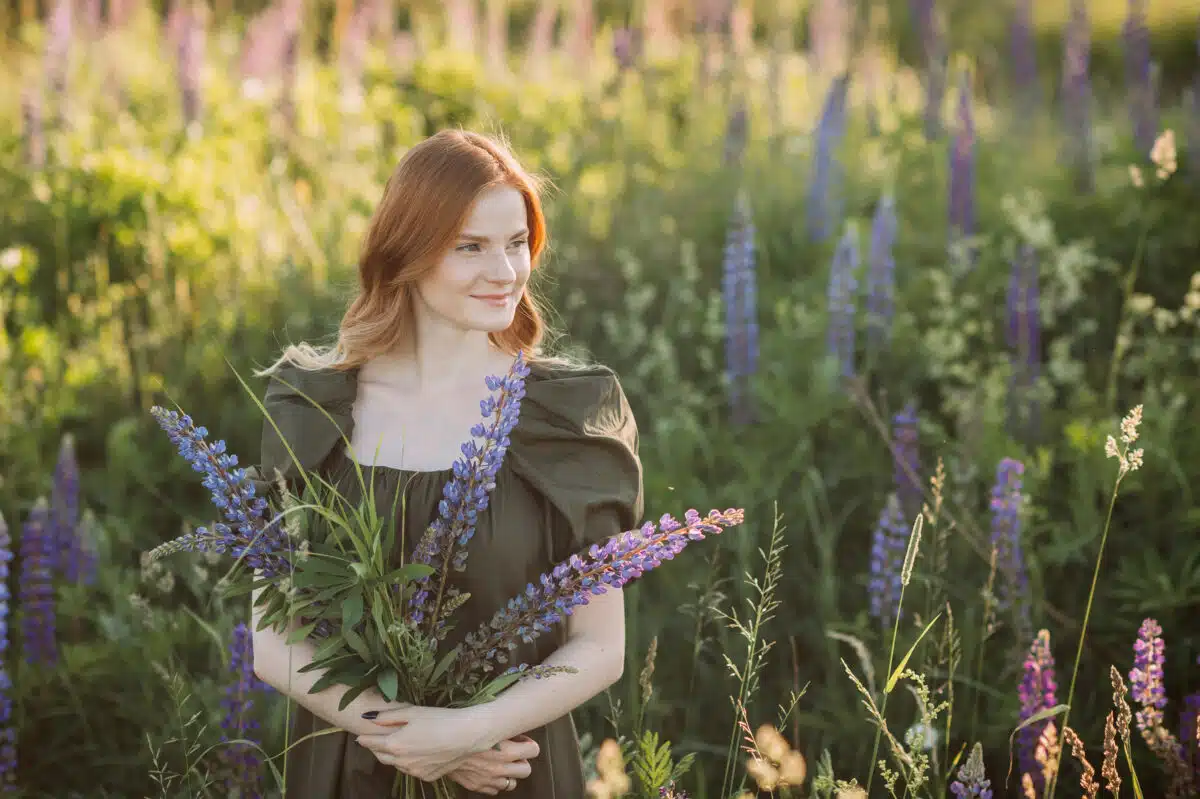
“If I can stop one heart from breaking” by Emily Dickinson
If I can stop one heart from breaking,
I shall not live in vain;
If I can ease one life the aching,
Or cool one pain,
Or help one fainting robin
Unto his nest again,
I shall not live in vain.
“The Noble Nature” by Ben Jonson
It is not growing like a tree
In bulk doth make man better be;
Or standing long an oak, three hundred year
To fall a log at last, dry, bald, and sear
A lily of a day
Is fairer far in May,
Although it fall and die that night,—
It was the plant and flower of light.
In small proportions we just beauties see;
And in short measures life may perfect be.
“I’m nobody! Who are you?” by Emily Dickinson
I’m nobody! Who are you?
Are you nobody, too?
Then there ‘s a pair of us — don’t tell!
They ‘d banish us, you know.
How dreary to be somebody!
How public, like a frog
To tell your name the livelong day
To an admiring bog!
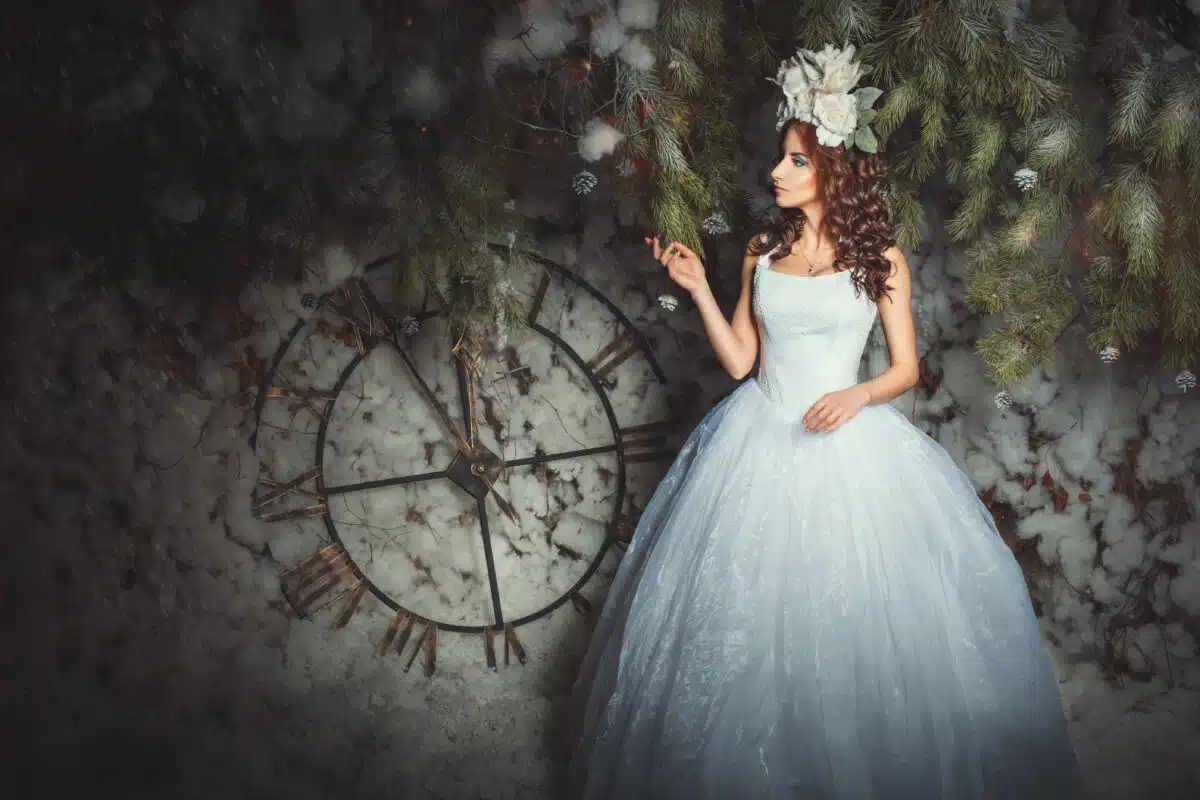
“To Be Merry” by Robert Herrick
Let’s now take our time,
While we’re in our prime,
And old, old age is afar off;
For the evil, evil days
Will come on apace,
Before we can be aware of.
“To His Book” by Robert Herrick
Make haste away, and let one be
A friendly patron unto thee;
Lest, rapt from hence, I see thee lie
Torn for the use of pastery;
Or see thy injured leaves serve well
To make loose gowns for mackarel;
Or see the grocers, in a trice,
Make hoods of thee to serve out spice.
“To Electra” by Robert Herrick
I dare not ask a kiss,
I dare not beg a smile;
Lest having that, or this,
I might grow proud the while.
No, no, the utmost share
Of my desire shall be,
Only to kiss that air
That lately kissed thee,
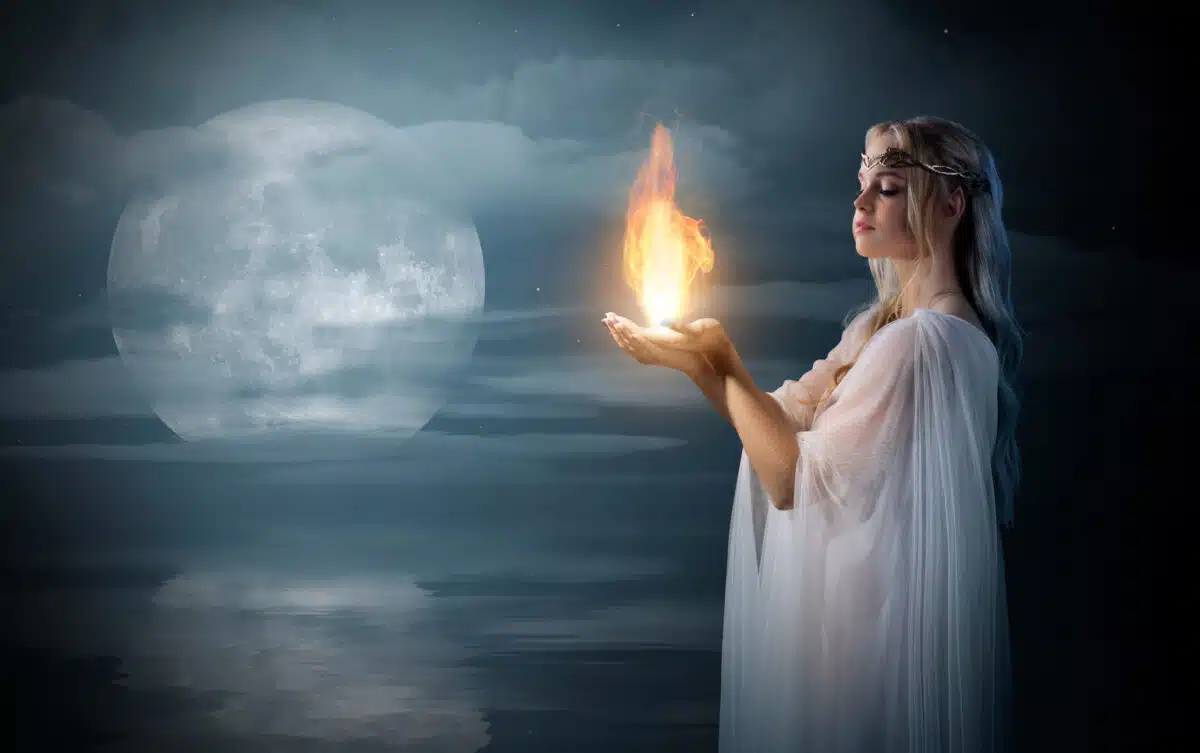
“Fire And Ice” by Robert Lee Frost
Some say the world will end in fire;
Some say in ice.
From what I’ve tasted of desire
I hold with those who favor fire.
But if it had to perish twice,
I think I know enough of hate
To know that for destruction ice
Is also great
And would suffice.
“Shall I compare thee to a summer’s day?” by William Shakespeare
Shall I compare thee to a summer’s day?
Thou art more lovely and more temperate:
Rough winds do shake the darling buds of May,
And summer’s lease hath all too short a date;
Sometime too hot the eye of heaven shines,
And often is his gold complexion dimm’d;
And every fair from fair sometime declines,
By chance or nature’s changing course untrimm’d;
But thy eternal summer shall not fade,
Nor lose possession of that fair thou ow’st;
Nor shall death brag thou wander’st in his shade,
When in eternal lines to time thou grow’st:
So long as men can breathe or eyes can see,
So long lives this, and this gives life to thee.
“He prayeth best who loveth best” by Samuel Coleridge
He prayeth best who loveth best;
All things both great and small
For the dear God who loveth us,
He made and loveth all.

“Never Despair” by W. S. Landor
The wisest of us all, when woe
Darkens our narrow path below,
Are childish to the last degree,
And think what is must always be.
It rains, and there is gloom around,
Slippery and sullen is the ground,
And slow the step; within our sight
Nothing is cheerful, nothing bright.
Meanwhile, the sun on high, although
We will not think it can be so,
Is shining at this very hour,
In all his glory, all his power;
And when the cloud is past, again
Will dry up every drop of rain.
“Three Things to Remember” by William Blake
A Robin Redbreast in a cage
Puts all Heaven in a rage.
A skylark wounded on the wing
Doth make a cherub cease to sing.
He who shall hurt the little wren
Shall never be beloved by men.
“The Knight of Bethlehem” by H. N. Maugham
There was a Knight of Bethlehem,
Whose wealth was tears and sorrows;
His men-at-arms were little lambs,
His trumpeters were sparrows.
His castle was a wooden cross,
On which he hung so high;
His helmet was a crown of thorns,
Whose crest did touch the sky.

“Butterfly” by Hilda Conkling
Butterfly,
I like the way you wear your wings.
Show me their colors,
For the light is going.
Spread out their edges of gold,
Before the Sandman puts me to sleep
And evening murmurs by.
“Remember” by Christina Rossetti
Remember me when I am gone away,
Gone far away into the silent land;
When you can no more hold me by the hand,
Nor I half turn to go yet turning stay.
Remember me when no more, day by day,
You tell me of our future that you planned:
Only remember me; you understand
It will be late to counsel then or pray.
Yet if you should forget me for a while
And afterwards remember, do not grieve:
For if the darkness and corruption leave
A vestige of the thoughts that once I had,
Better by far you should forget and smile
Than that you should remember and be sad.
“Water” by Hilda Conkling
The world turns softly
Not to spill its lakes and rivers.
The water is held in its arms
And the sky is held in the water.
What is water,
That pours silver,
And can hold the sky?

“March Thought” by Hilda Conkling
I am waiting for the flowers
To come back:
I am alone,
But I can wait for the birds.
“The New Year” by Dinah M. Craik
Who comes dancing over the snow,
His soft little feet all bare and rosy?
Open the door, though the wild wind blow,
Take the child in and make him cozy,
Take him in and hold him dear,
Here is the wonderful glad New Year.
“Truth” by Beaumont and Fletcher
Oh, my best sir, take heed,
Take heed of lies! Truth, though it trouble some minds—
Some wicked minds, that are both dark and dangerous
Preserves itself—comes off pure, innocent!
And like the sun, though never so eclipsed,
Must break in glor! Oh, sir, lie no more!
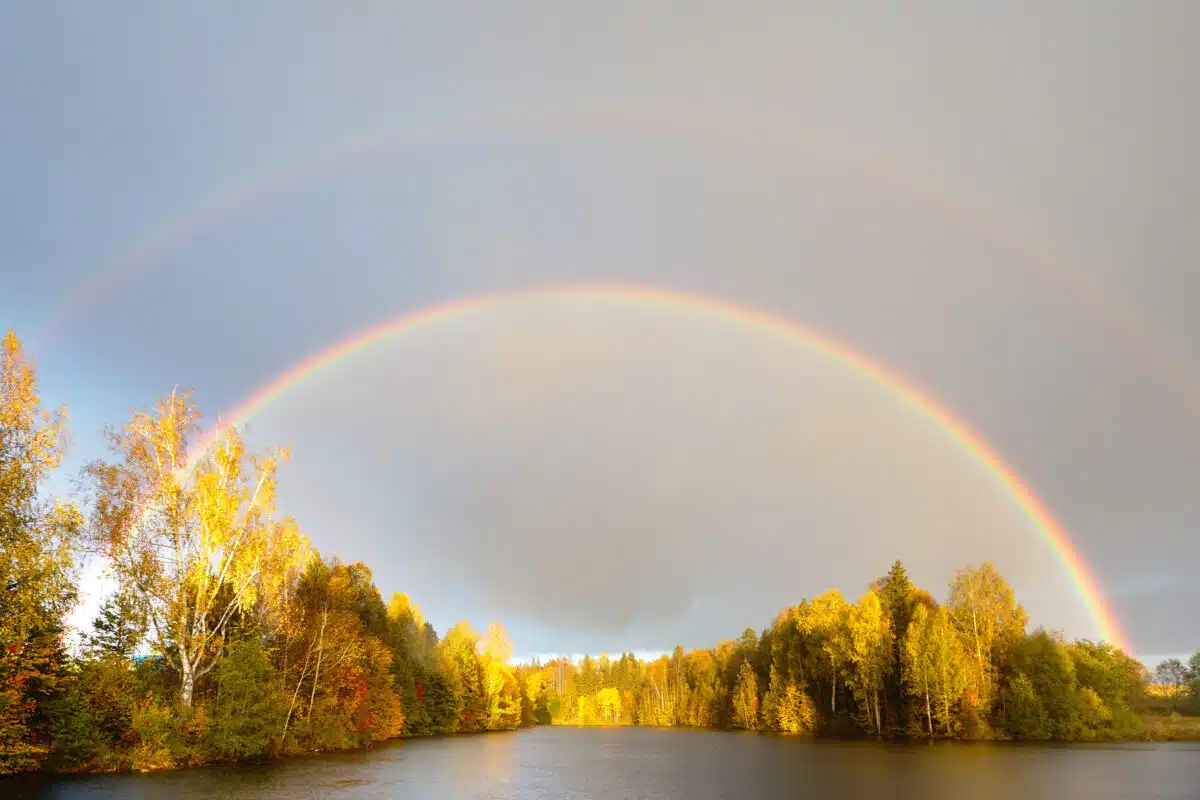
“The Rainbow” by William Wordsworth
My heart leaps up when I behold
A rainbow in the sky;
So was it when my life began;
So is it now I am a man;
So shall it be when I grow old,
Or let me die!
The child is father of the man;
And I could wish my days to be
Bound each to each by natural piety.
“Reverie” by A. W. Adams
The sunshine is thy waking,
The moonlight is thy sleep,
The twilight is thy dreaming,
That a silent watch doth keep;
Thy waking and thy sleeping
Make up thy perfect day,
But the dreaming is thy future
—Interpret it who may.
“Girl’s Song” by William Butler Yeats
I went out alone
To sing a song or two,
My fancy on a man,
And you know who.
Another came in sight
That on a stick relied
To hold himself upright;
I sat and cried.
And that was all my song –
When everything is told,
Saw I an old man young
Or young man old?

“Memory” by William Butler Yeats
One had a lovely face,
And two or three had charm,
But charm and face were in vain
Because the mountain grass
Cannot but keep the form
Where the mountain hare has lain.
“Reconciliation” by William Butler Yeats
Some may have blamed you that you took away
The verses that could move them on the day
When, the ears being deafened, the sight of the eyes blind
With lightning, you went from me, and I could find
Nothing to make a song about but kings,
Helmets, and swords, and half-forgotten things
That were like memories of you—but now
We’ll out, for the world lives as long ago;
And while we’re in our laughing, weeping fit,
Hurl helmets, crowns, and swords into the pit.
But, dear, cling close to me; since you were gone,
My barren thoughts have chilled me to the bone.
“Ambition” by Robert Herrick
In man, ambition is the common’st thing;
Each one by nature loves to be a king.
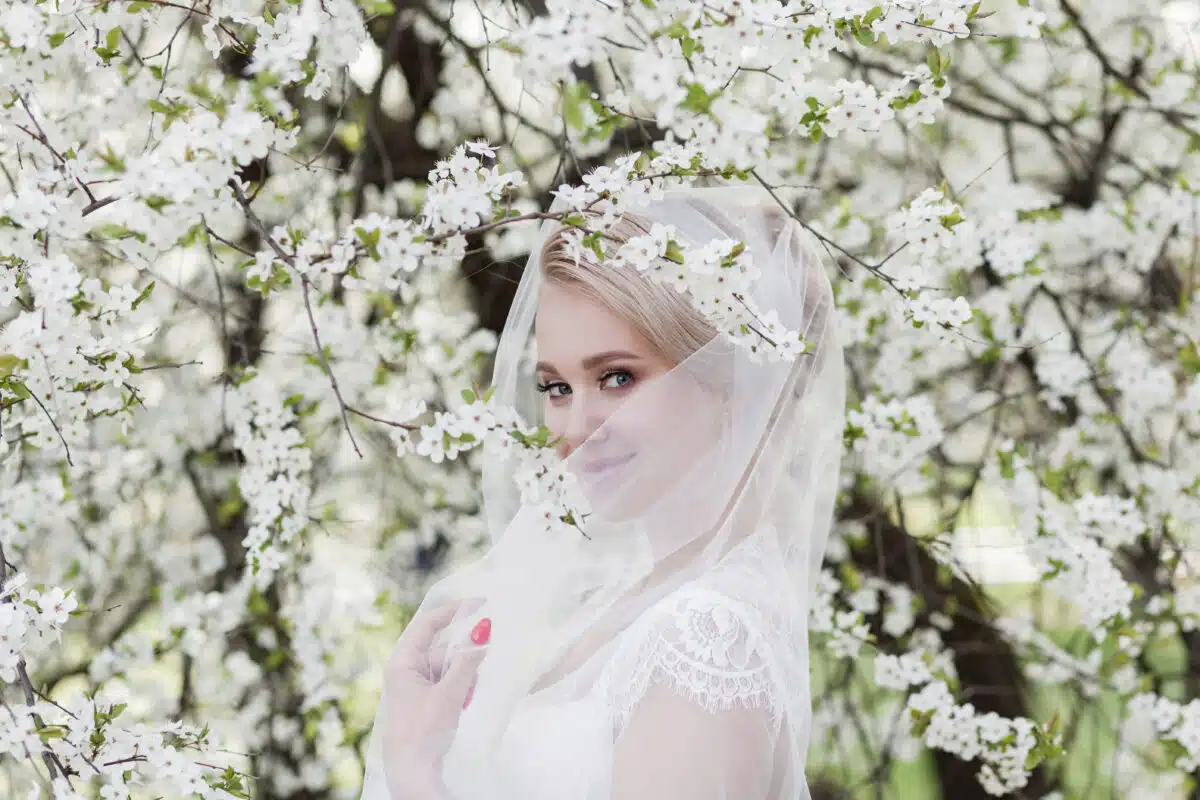
“A Caution” by Robert Herrick
That love last long, let it thy first care be
To find a wife that is most fit for thee.
Be she too wealthy or too poor, be sure
Love in extremes can never long endure.
“To A Lady, With The ‘Temple Of Fame.'” by Alexander Pope
What’s fame with men, by custom of the nation,
Is call’d, in women, only reputation:
About them both why keep we such a pother?
Part you with one, and I’ll renounce the other.
“Heroism” by Ralph Waldo Emerson
Ruby wine is drunk by knaves,
Sugar spends to fatten slaves,
Rose and vine-leaf deck buffoons;
Thunder-clouds are Jove’s festoons,
Drooping oft in wreaths of dread,
Lightning-knotted round his head;
The hero is not fed on sweets,
Daily his own heart he eats;
Chambers of the great are jails,
And head-winds right for royal sails.

“Intellect” by Ralph Waldo Emerson
Go, speed the stars of Thought
On to their shining goals;–
The sower scatters broad his seed;
The wheat thou strew’st be souls.
“Hush!” by Ralph Waldo Emerson
Every thought is public,
Every nook is wide;
Thy gossips spread each whisper,
And the gods from side to side.
“A Good-By” by Bliss Carman (William)
For love of the roving foot
And joy of the roving eye,
God send you store of morrows fair
And a good rest by and by!
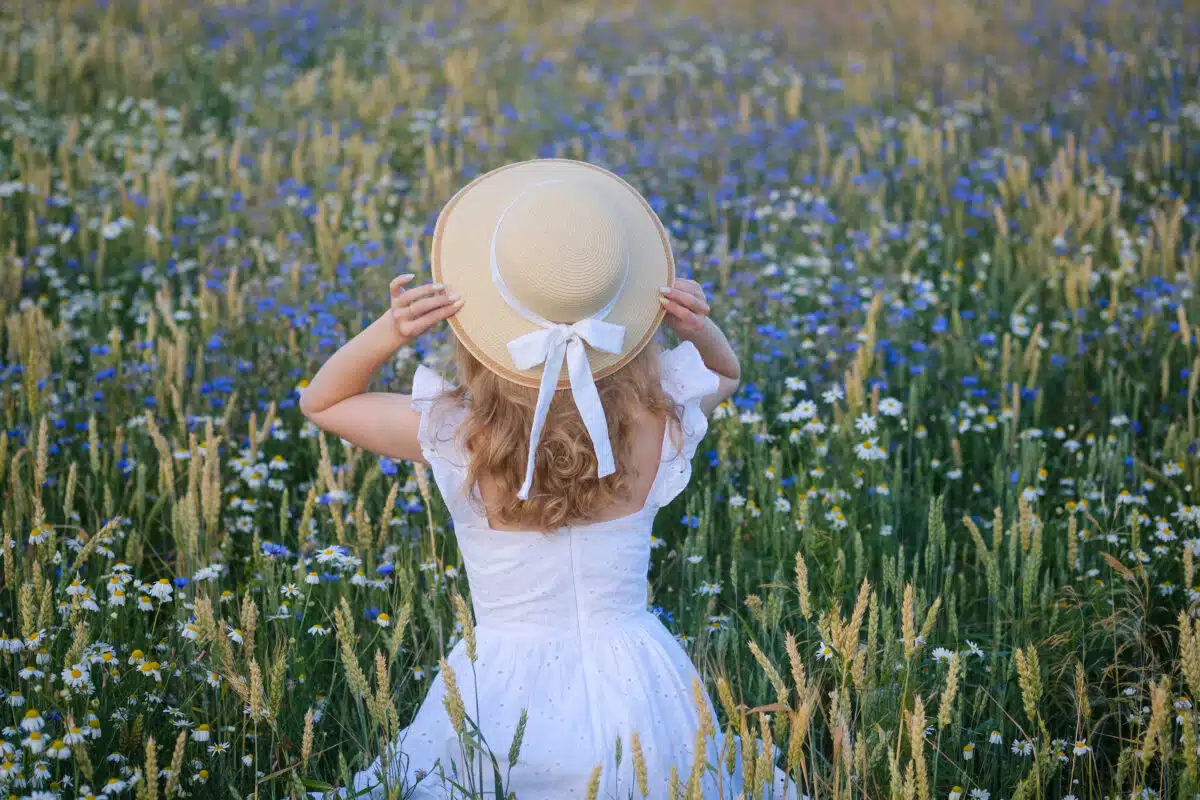
“Daisies” by Bliss Carman (William)
Over the shoulders and slopes of the dune
I saw the white daisies go down to the sea,
A host in the sunshine, an army in June,
The people God sends us to set our heart free.
The bobolinks rallied them up from the dell,
The orioles whistled them out of the wood;
And all of their singing was, “Earth, it is well!”
And all of their dancing was, “Life, thou art good!”
“Dust In The Eyes” by Robert Lee Frost
If, as they say, some dust thrown in my eyes
Will keep my talk from getting overwise,
I’m not the one for putting off the proof.
Let it be overwhelming, off a roof
And round a corner, blizzard snow for dust,
And blind me to a standstill if it must.
“Dust Of Snow” by Robert Lee Frost
The way a crow
Shook down on me
The dust of snow
From a hemlock tree
Has given my heart
A change of mood
And saved some part
Of a day I had rued.

“Devotion” by Robert Lee Frost
The heart can think of no devotion
Greater than being shore to the ocean,
Holding the curve of one position,
Counting an endless repetition.
“Aspiration” by Emily Elizabeth Dickinson
We never know how high we are
Till we are called to rise;
And then, if we are true to plan,
Our statures touch the skies.
The heroism we recite
Would be a daily thing,
Did not ourselves the cubits warp
For fear to be a king.
“Forbidden Fruit II.” by Emily Elizabeth Dickinson
Heaven is what I cannot reach!
The apple on the tree,
Provided it do hopeless hang,
That ‘heaven’ is, to me.
The color on the cruising cloud,
The interdicted ground
Behind the hill, the house behind, —
There Paradise is found!

“Love” by Emily Elizabeth Dickinson
Love is anterior to life,
Posterior to death,
Initial of creation, and
The exponent of breath.
“Destiny” by Matthew Arnold
Why each is striving, from of old,
To love more deeply than he can?
Still would be true, yet still grows cold?
Ask of the Powers that sport with man!
They yok’d in him, for endless strife,
A heart of ice, a soul of fire;
And hurl’d him on the Field of Life,
An aimless unallay’d Desire.
“Power Of Youth” by Matthew Arnold
And they remember
With piercing untold anguish
The proud boasting of their youth.
And they feel how Nature was fair.
And the mists of delusion,
And the scales of habit,
Fall away from their eyes
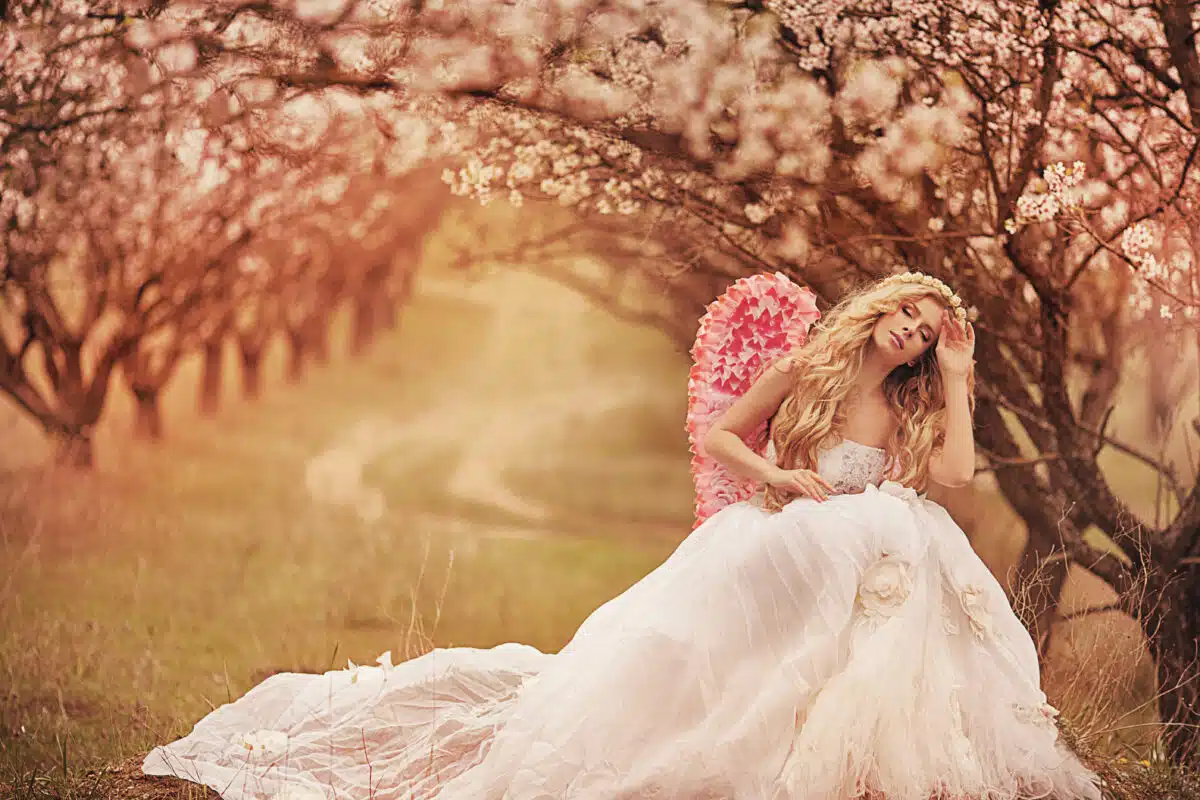
“A Better Thing” by George MacDonald
I took it for a bird of prey that soared
High over ocean, battled mount, and plain;
‘Twas but a bird-moth, which with limp horns gored
The invisibly obstructing window-pane!
Better than eagle, with far-towering nerve
But downward bent, greedy, marauding eye,
Guest of the flowers, thou art: unhurt they serve
Thee, little angel of a lower sky!
“A Prayer” by George MacDonald
When I look back upon my life nigh spent,
Nigh spent, although the stream as yet flows on,
I more of follies than of sins repent,
Less for offence than Love’s shortcomings moan.
With self, O Father, leave me not alone–
Leave not with the beguiler the beguiled;
Besmirched and ragged, Lord, take back thine own:
A fool I bring thee to be made a child.
“Thursday” by Edna St. Vincent Millay
And if I loved you Wednesday,
Well, what is that to you?
I do not love you Thursday–
So much is true.
And why you come complaining
Is more than I can see.
I loved you Wednesday,–yes–but what
Is that to me?
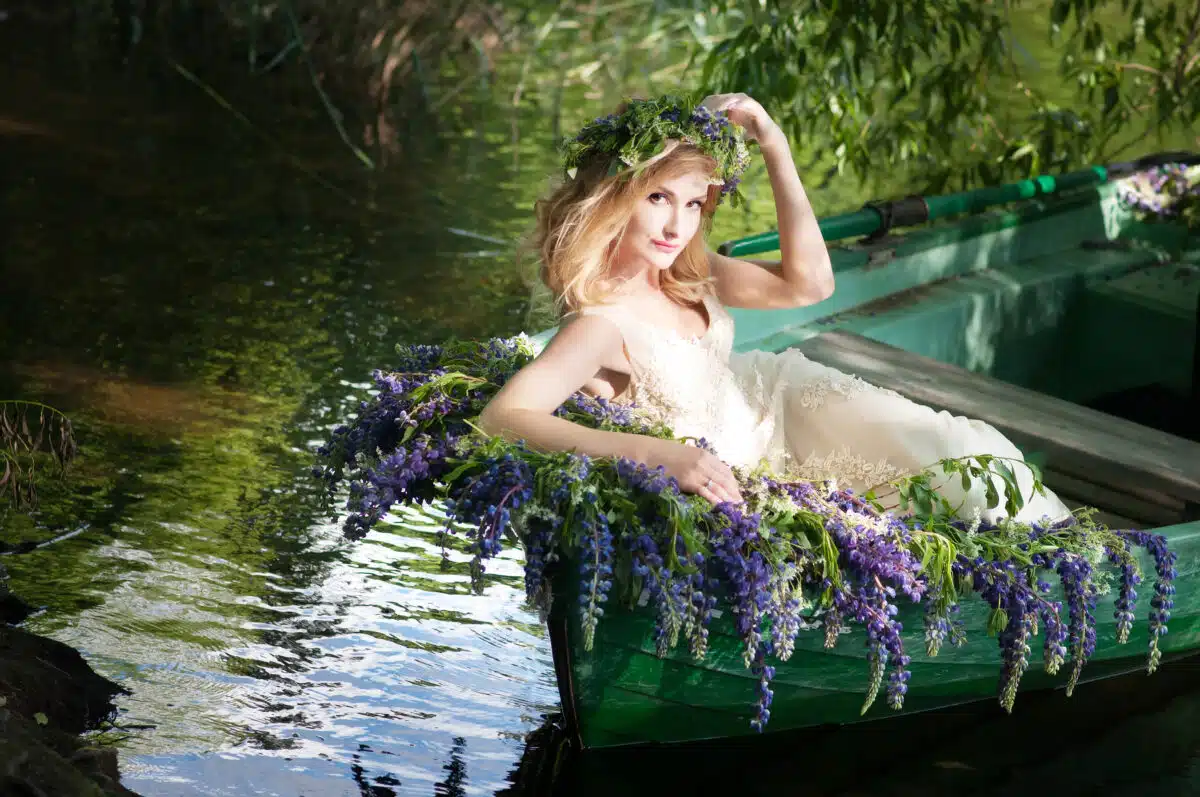
“Hello! Hello!” by Louisa May Alcott
“Hello! hello!
Come down below,–
It’s lovely and cool
Out here in the pool;
On a lily-pad float
For a nice green boat.
Here we sit and sing
In a pleasant ring;
Or leap frog play,
In the jolliest way.
Our games have begun,
Come join in the fun.”
“To One Who Teaches Me” by Louisa May Alcott
“To one who teaches me
The sweetness and the beauty
Of doing faithfully
And cheerfully my duty.”
“Work, Neighbor, Work!” by Louisa May Alcott
“Work, neighbor, work!
Do not stop to play;
Wander far and wide,
Gather all you may.
We are never like
Idle butterflies,
But like the busy bees,
Industrious and wise.”
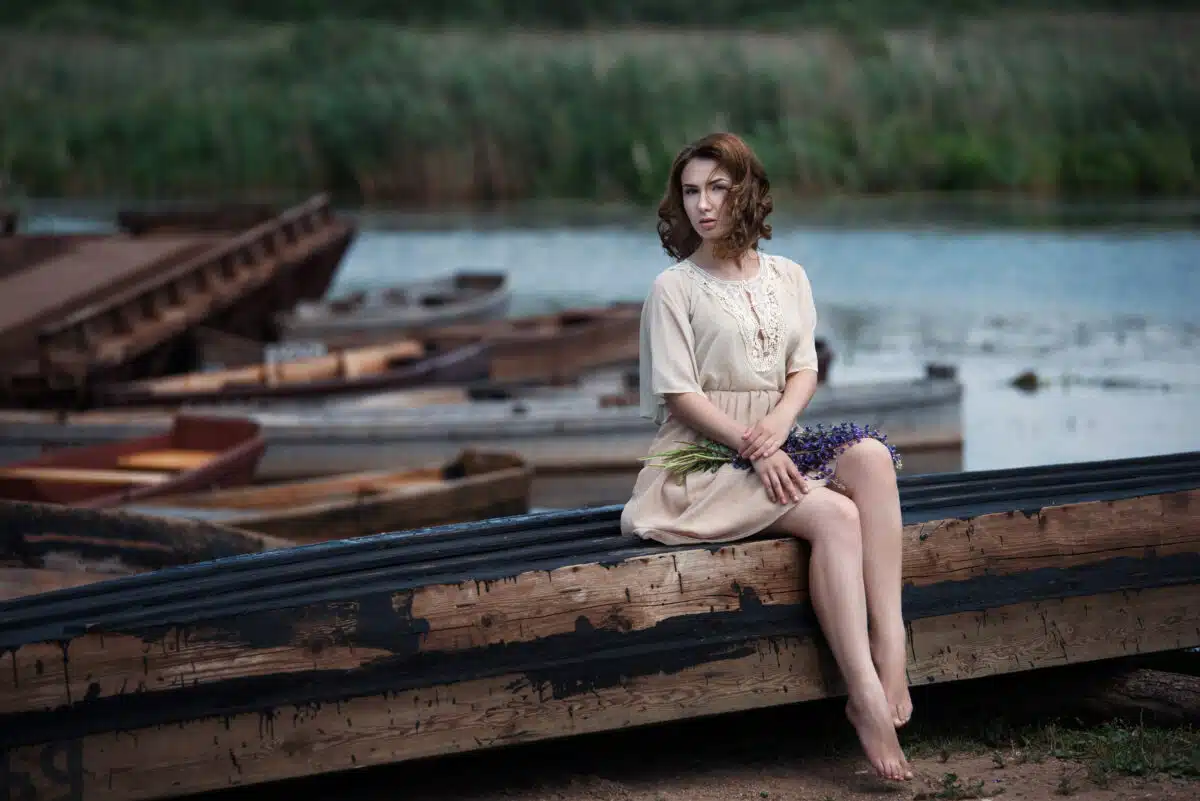
“Oh My Heart Is Sad And Weary” by Louisa May Alcott
‘Oh my heart is sad and weary
Everywhere I roam,
Longing for the old plantation
And for the old folks at home.’
“A Heine Love Song” by Eugene Field
The image of the moon at night
All trembling in the ocean lies,
But she, with calm and steadfast light,
Moves proudly through the radiant skies,
How like the tranquil moon thou art–
Thou fairest flower of womankind!
And, look, within my fluttering heart
Thy image trembling is enshrined!
“Sweet Little Fairy” by Eugene Field
Sweet little fairy,
Tender and airy,
Come, let us dance on the good baby-eyes;
Merrily skipping,
Cheerily tripping,
Murmur we ever our soft lullabies.
Easy Poems to Memorize

“To Myself ” by Paul Fleming (Catherine Winkworth, Translator)
Let nothing make thee sad or fretful,
Or too regretful;
Be still;
What God hath ordered must be right;
Then find in it thine own delight,
My will.
Why shouldst thou fill to-day with sorrow
About to-morrow.
My heart?
One watches all with care most true;
Doubt not that he will give thee too
Thy part.
Only be steadfast; never waver,
Nor seek earth’s favor,
But rest:
Thou knowest what God wills must be
For all his creatures, so for thee,
The best.
“Don’t Drive Me Away” by Louisa May Alcott
“Don’t drive me away,
But hear what I say:
Bad men want the gold;
They will steal it to-night,
And you must take flight;
So be quiet and busy and bold.”
“Slip away with me,
And you will see
What a wise little thing am I;
For the road I show
No man can know,
Since it’s up in the pathless sky.”
“The Months” by Sara Coleridge
January brings the snow,
Makes our feet and fingers glow;
February brings the rain,
Thaws the frozen lake again;
March brings breezes loud and shrill,
Stirs the dancing daffodil;
April brings the primrose sweet,
Scatters daisies at our feet ;
May brings flocks of pretty lambs,
Skipping by their fleecy dams;
June brings tulips, lilies, roses,
Fills the children’s hands with posies;
Hot July brings cooling showers,
Apricots and gilly- flowers;
August brings the sheaves of corn,
Then the harvest home is borne;
Warm September brings the fruit,
Sportsmen then begin to shoot;
Fresh October brings the pheasant,
Then to gather nuts is pleasant;
Dull November brings the blast,
Then the leaves are whirling fast;
Chill December brings the sleet,
Blazing fire and Christmas treat.
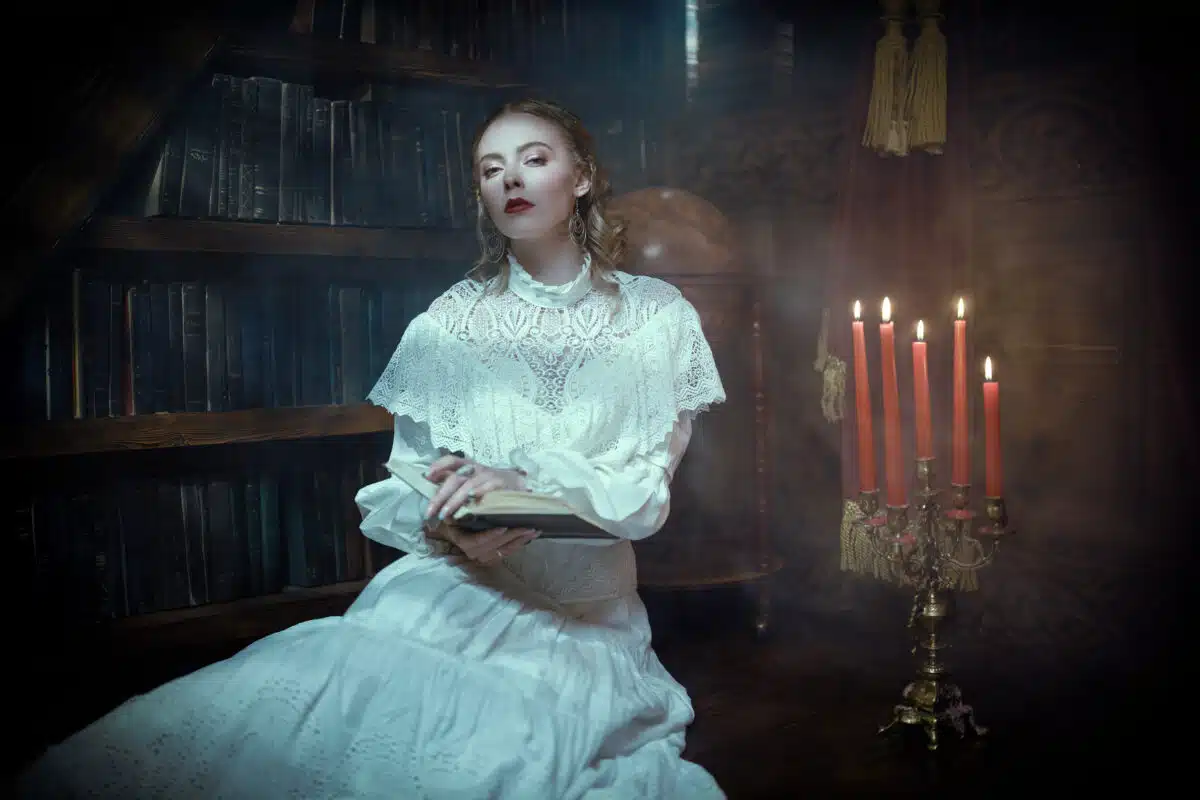
“Evening Prayer” by Samuel Taylor Coleridge
Ere on my bed my limbs I lay,
God grant me grace my prayers to say ;
O God ! preserve my mother dear
In health and strength for many a year.
And oh, preserve my father, too,
And may I pay him reverence due ;
And may I my best thoughts employ
To be my parents’ hope and joy.
And oh, preserve my brothers both,
From evil doings and from sloth ;
And may we always love each other,
Our friends, our father, and our mother.
And still, O Lord, to me impart
An innocent and grateful heart,
That after my last sleep I may
Awake to Thine eternal day. Amen.
“Little Things” by Ebenezer Cobham Brewer
Little drops of water,
Little grains of sand,
Make the mighty ocean
And the pleasant land.
Thus the little minutes,
Humble though they be,
Make the mighty ages
Of eternity.
Thus our little errors
Lead the soul away
From the path of virtue,
Off in sin to stray.
Little deeds of kindness,
Little words of love,
Make our earth an Eden,
Like the heaven above.
“The Dawning Day” by Thomas Carlyle
So here hath been dawning
Another blue day:
Think, wilt thou let it
Slip useless away?
Out of Eternity
This new day is born;
Into Eternity
At night doth return.
Behold it aforetime
No eyes ever did:
So soon it for ever
From all eyes is hid.
Here hath been dawning
Another blue day:
Think, wilt thou let it
Slip useless away?
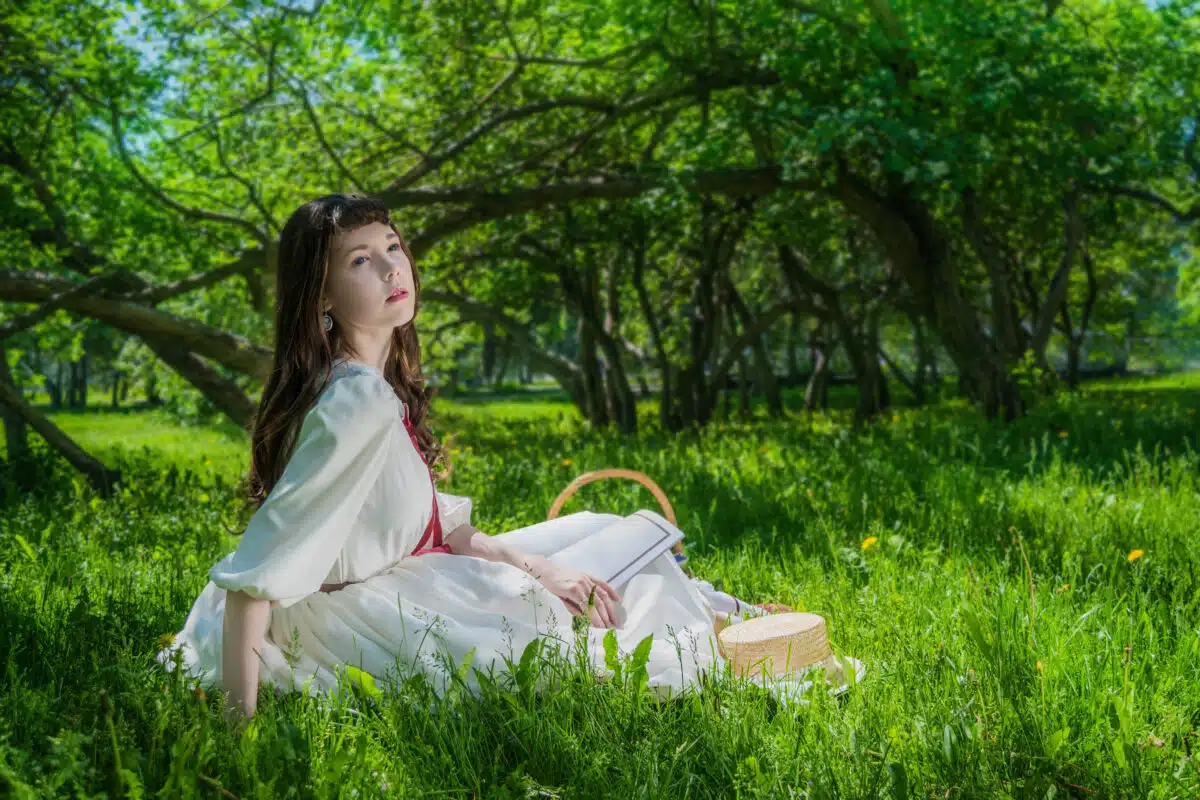
“Under the Greenwood Tree” by William Shakespeare
Under the greenwood tree,
Who loves to lie with me,
And turn his merry note
Unto the sweet bird’s throat,
Come hither, come hither, come hither:
Here shall he see
No enemy
But winter and rough weather.
Who doth ambition shun,
And loves to live i’ the sun,
Seeking the food he eats,
And pleased with what he gets,
Come hither, come hither, come hither:
Here shall he see
No enemy
But winter and rough weather.
“Sonnets from the Portuguese: XLIII” by Elizabeth Barrett Browning
How do I love thee? Let me count the ways.
I love thee to the depth and breadth and height
My soul can reach, when feeling out of sight
For the ends of Being and ideal Grace.
I love thee to the level of everyday’s
Most quiet need, by sun and candlelight.
I love thee freely, as men strive for Right;
I love thee purely, as they turn from Praise.
I love thee with the passion put to use
In my old griefs, and with my childhood’s faith.
I love thee with a love I seemed to lose
With my lost saints,—I love thee with the breath,
Smiles, tears, of all my life!—and, if God choose,
I shall but love thee better after death.
“On May Morning” by John Milton
Now the bright morning star, day’s harbinger,
Comes dancing from the east, and leads with her
The flow’ry May, who from her green lap throws
The yellow cowslip, and the pale primrose.
Hail , bounteous May, that doth inspire
Mirth and youth and warm desire!
Woods and groves are of thy dressing,
Hill and dale doth boast thy blessing.
Thus we salute thee with our early song,
And welcome thee, and wish thee long.
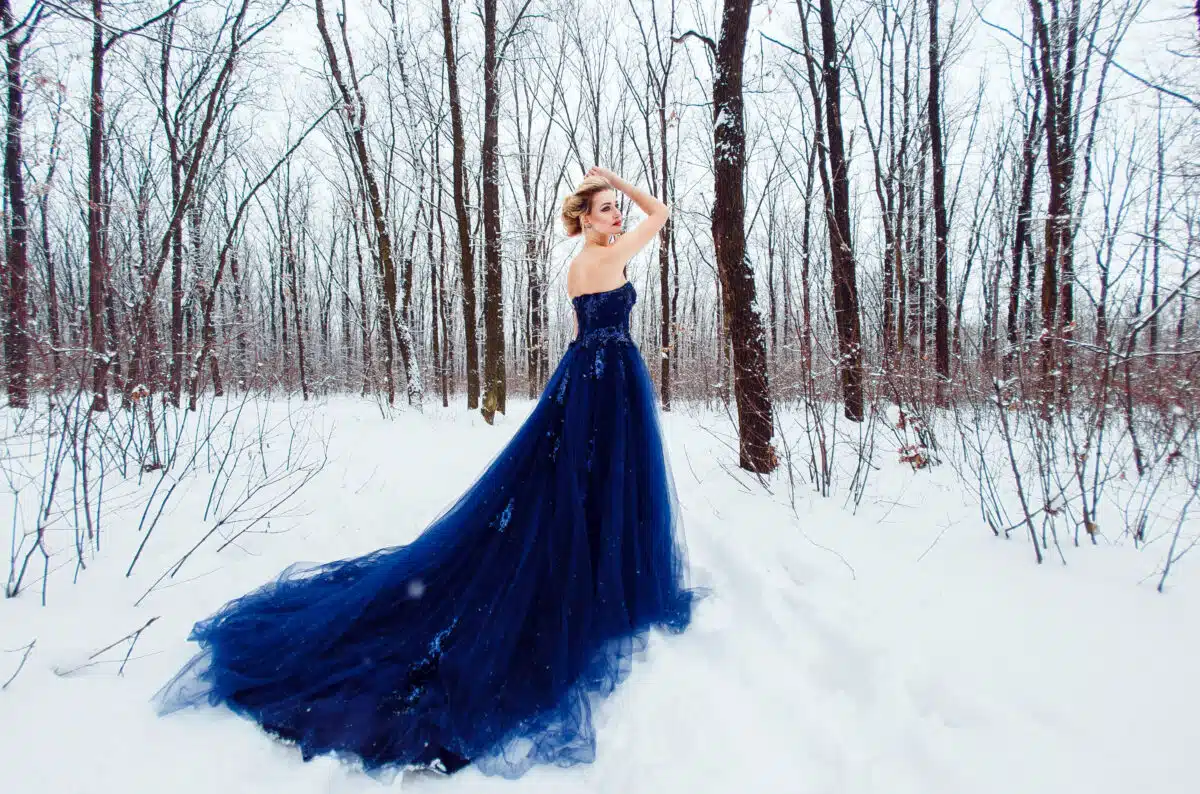
“Winter” by William Shakespeare
When icicles hang by the wall,
And Dick the shepherd blows his nail,
And Tom bears logs into the hall,
And milk comes frozen home in pail;
When blood is nipt and ways be foul,
Then nightly sings the staring owl,
Tu-whoo!
Tu-whit! tu- whoo! a merry note,
While greasy Joan doth keel the pot.
When all aloud the wind doth blow,
And coughing drown the parson’s saw,
And birds sit brooding in the snow,
And Marion’s nose looks red and raw;
When roasted crabs hiss in the bowl,
Then nightly sings the staring owl,
Tu-whoo!
Tu-whit! tu-whoo ! a merry note,
While greasy Joan doth keel the pot.
“Reasons for Mirth” by Mary Russell Mitford
The sun is careering in glory and might,
‘Mid the deep blue sea and the clouds so bright,
The billow is tossing its foam on high,
And the summer breezes go lightly by:
The air and the water dance, glitter, and play,
And why should not I be as merry as they?
The linnet is singing the wild wood through,
The fawn’s bounding footsteps skim over the dew,
The butterfly flits round the blossoming tree,
And the cowslip and blue – bell are bent by the bee ;
All the creatures that dwell in the forest are gay,
And why should not I be as merry as they?
“The Thrush’s Nest” by John Clare
Withina thick and spreading hawthorn bush
That overhung a molehill large and round,
I heard from morn to morn a merry thrush
Sing hymns of rapture, while I drank the sound
With joy-and oft an unintruding guest,
I watched her secret toils from day to day ;
How true she warped the moss to form her nest,
And modelled it within with wood and clay.
And by and by, like heathbells gilt with dew,
There lay her shining eggs as bright as flowers,
Ink-spotted over, shells of green and blue :
And there I witnessed in the summer hours,
A brood of nature’s minstrels chirp and fly,
Glad as the sunshine and the laughing sky.

“Merry are the Bells” from the Cambridge Book of Poetry for Children
Merry are the bells, and merry would they ring,
Merry was myself, and merry could I sing;
With a merry ding-dong, happy, gay, and free,
And a merry sing-song, happy let us be!
Waddle goes your gait, and hollow are your hose;
Noddle goes your pate, and purple is your nose;
Merry is your sing-song, happy, gay, and free;
With a merry ding-dong, happy let us be!
Merry have we met, and merry have we been;
Merry let us part, and merry meet again;
With our merry sing-song, happy, gay, and free,
With a merry ding-dong, happy let us be!
“Song” by Edmund Waller
Go, lovely Rose!
Tell her that wastes her time and me,
That now she knows,
When I resemble her to thee,
How sweet and fair she seems to be.
Tell her that’s young,
And shuns to have her graces spied,
That hadst thou sprung
In deserts, where no men abide,
Thou must have uncommended died.
Small is the worth
Of beauty from the light retired:
Bid her come forth,
Suffer herself to be desired,
And not blush so to be admired.
Then die! that she
The common fate of all things rare
May read in thee,
How small a part of time they share
That are so wondrous sweet and fair!
“Life, I Know Not What Thou Art” by Anna L. Barbauld
Life! I know not what thou art,
But know that thou and I must part;
And when, or how, or where we met
I own to me’s a secret yet.
Life! we’ve been long together
Through pleasant and through cloudy weather;
‘Tis hard to part when friends are dear—
Perhaps ’twill cost a sigh, a tear;
Then steal away; give little warning,
Choose thine own time;
Say not Good Night, but in some brighter clime
Bid me Good Morning.
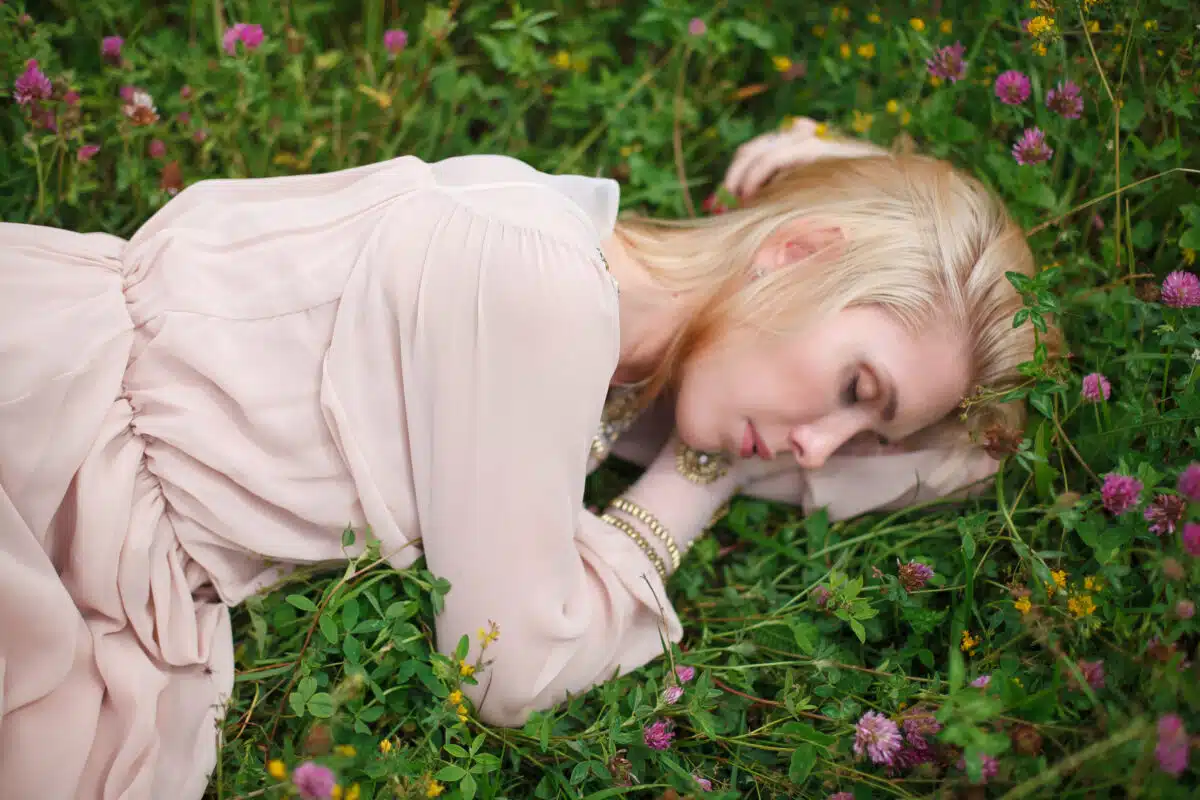
“Loss and Gain” by Henry Wadsworth Longfellow
When I compare
What I have lost with what I have gained,
What I have missed with what attained,
Little room do I find for pride.
I am aware
How many days have been idly spent;
How like an arrow the good intent
Has fallen short or been turned aside.
But who shall dare
To measure loss and gain in this wise?
Defeat may be victory in disguise;
The lowest ebb in the turn of the tide.
“The Minstrel-Boy” by Thomas Moore
The Minstrel-Boy to the war is gone,
In the ranks of death you’ll find him;
His father’s sword he has girded on,
And his wild harp slung behind him.—
“Land of song!” said the warrior-bard,
“Though all the world betrays thee,
One sword, at least, thy rights shall guard,
One faithful harp shall praise thee!”
The Minstrel fell!—but the foeman’s chain
Could not bring his proud soul under;
The harp he loved ne’er spoke again,
For he tore its chords asunder;
And said, “No chains shall sully thee,
Thou soul of love and bravery!
Thy songs were made for the pure and free,
They shall never sound in slavery!”
“A Prayer for a Little Home” from London “Spectator.”
God send us a little home
To come back to when we roam—
Low walls and fluted tiles,
Wide windows, a view for miles;
Red firelight and deep chairs;
Small white beds upstairs;
Great talk in little nooks;
Dim colors, rows of books;
One picture on each wall;
Not many things at all.
God send us a little ground—
Tall trees standing round,
Homely flowers in brown sod,
Overhead, Thy stars, O God!
God bless, when winds blow,
Our home and all we know.

“Ingratitude” by William Shakespeare
Blow, blow, thou winter wind,
Thou are not so unkind
As man’s ingratitude;
Thy tooth is not so keen
Because thou are not seen,
Although thy breath be rude.
Freeze, freeze, thou bitter sky,
Thou dost not bite so nigh
As benefits forgot;
Though thou the waters warp,
Thy sting is not so sharp
As friend remembered not.
“The Violet” by Jane Taylor
Down in a green and shady bed.
A modest violet grew ;
Its stalk was bent, it hung its head,
As if to hide from view.
And yet it was a lovely flower,
Its colour bright and fair ;
It might have graced a rosy bower
Instead of hiding there.
Yet there it was content to bloom,
In modest tints arrayed ;
And there diffused a sweet perfume
Within the silent shade.
Then let me to the valley go
This pretty flower to see,
That I may also learn to grow
In sweet humility.
“The Nights” by B. W. Procter (Barry Cornwall)
Oh, the summer night Has a smile of light,
As she sits on the sapphire throne;
Whilst the sweet winds load her
With garlands of odour,
From the bud to the rose o’erblown!
But the autumn night
Has a piercing sight,
And a step both strong and free;
And a voice for wonder,
Like the wrath of the thunder,
When he shouts to the stormy sea!
And the winter night Is all cold and white,
And she singeth a song of pain;
Till the wild bee hummeth,
And the warm spring cometh,
When she dies in a dream of rain!
Oh, the night brings sleep
To the greenwoods deep,
To the birds of the woods its nest;
To care soft hours,
To life new powers,
To the sick and the weary-rest!
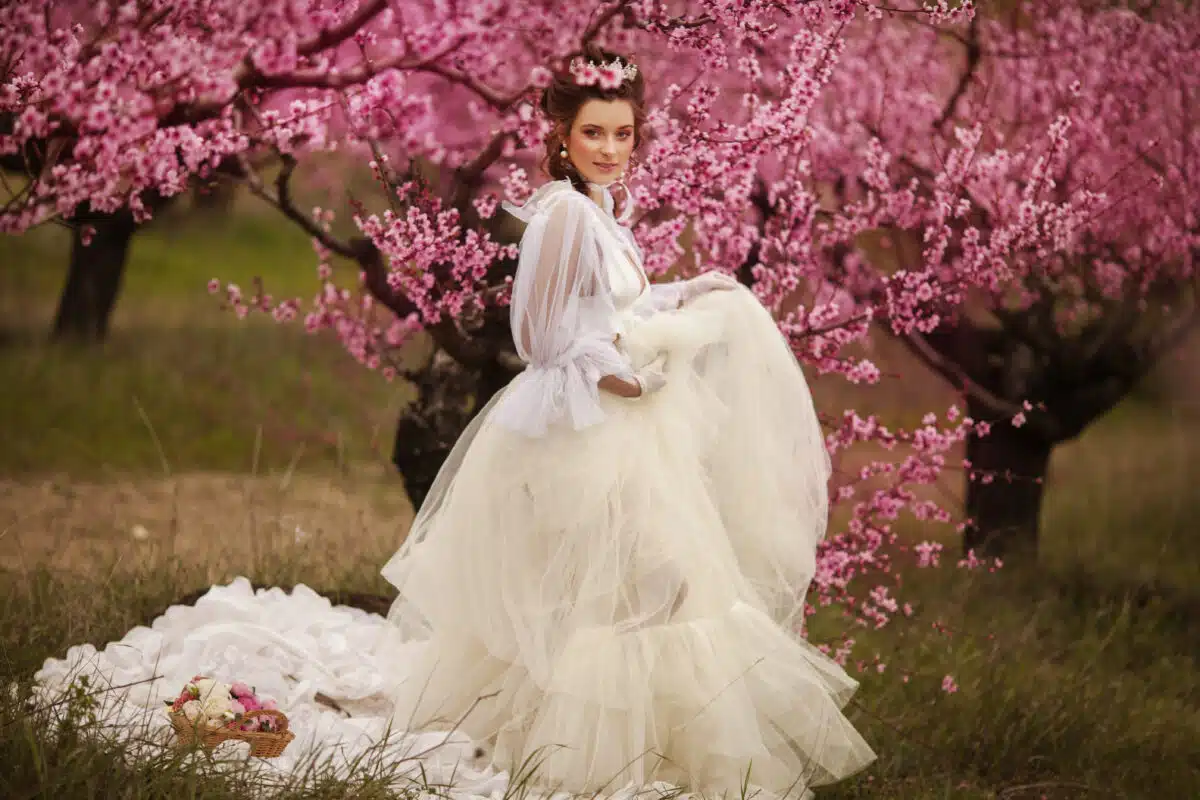
“If One Offend” by A. W. Adams
If one offend, e’er you to rest retire,
With act or word unjust, or scornful mein,
So kindling in thy heart a sudden fire,
To mar the trust and faith that once has been;
If thou thy sudden anger wilt control,
Not letting aught of rage escape thy breast,
‘Tis good,-thou hast a little helped that soul;
Thy lower curbed, thy higher self hath blest.
But unto this add that one shining touch
That crowns thy self control as with a ray,
To treat thy foe as if he were not such
And greet him as a friend the coming day.
“A Faery Song” by William Butler Yeats
We who are old, old and gay,
O so old!
Thousands of years, thousands of years,
If all were told:
Give to these children, new from the world,
Silence and love;
And the long dew-dropping hours of the night,
And the stars above:
Give to these children, new from the world,
Rest far from men.
Is anything better, anything better?
Tell us it then:
Us who are old, old and gay,
O so old!
Thousands of years, thousands of years,
If all were told.
“Beauty Is Vain” by Christina Georgina Rossetti
While roses are so red,
While lilies are so white,
Shall a woman exalt her face
Because it gives delight?
She’s not so sweet as a rose,
A lily’s straighter than she,
And if she were as red or white
She’d be but one of three.
Whether she flush in love’s summer
Or in its winter grow pale,
Whether she flaunt her beauty
Or hide it away in a veil,
Be she red or white,
And stand she erect or bowed,
Time will win the race he runs with her
And hide her away in a shroud.

“A Psalm Or Hymn To The Graces” by Robert Herrick
Glory be to the Graces!
That do in public places
Drive thence whate’er encumbers
The list’ning to my numbers.
Honour be to the Graces!
Who do with sweet embraces,
Show they are well contented
With what I have invented.
Worship be to the Graces!
Who do from sour faces,
And lungs that would infect me,
For evermore protect me.
“Solitude” by Alexander Pope
Happy the man, whose wish and care
A few paternal acres bound,
Content to breathe his native air
In his own ground.
Whose herds with milk, whose fields with bread,
Whose flocks supply him with attire;
Whose trees in summer yield shade,
In winter, fire.
Blest, who can unconcern’dly find
Hours, days, and years, slide soft away
In health of body, peace of mind,
Quiet by day.
Sound sleep by night; study and ease
Together mixed; sweet recreation,
And innocence, which most does please
With meditation.
Thus let me live, unseen, unknown;
Thus unlamented let me die;
Steal from the world, and not a stone
Tell where I lie.
“My Fairy” by Lewis Carroll
I have a fairy by my side
Which says I must not sleep,
When once in pain I loudly cried
It said “You must not weep”
If, full of mirth, I smile and grin,
It says “You must not laugh”
When once I wished to drink some gin
It said “You must not quaff”.
When once a meal I wished to taste
It said “You must not bite”
When to the wars I went in haste
It said “You must not fight”.
“What may I do?” at length I cried,
Tired of the painful task.
The fairy quietly replied,
And said “You must not ask”.
Moral: “You mustn’t.”
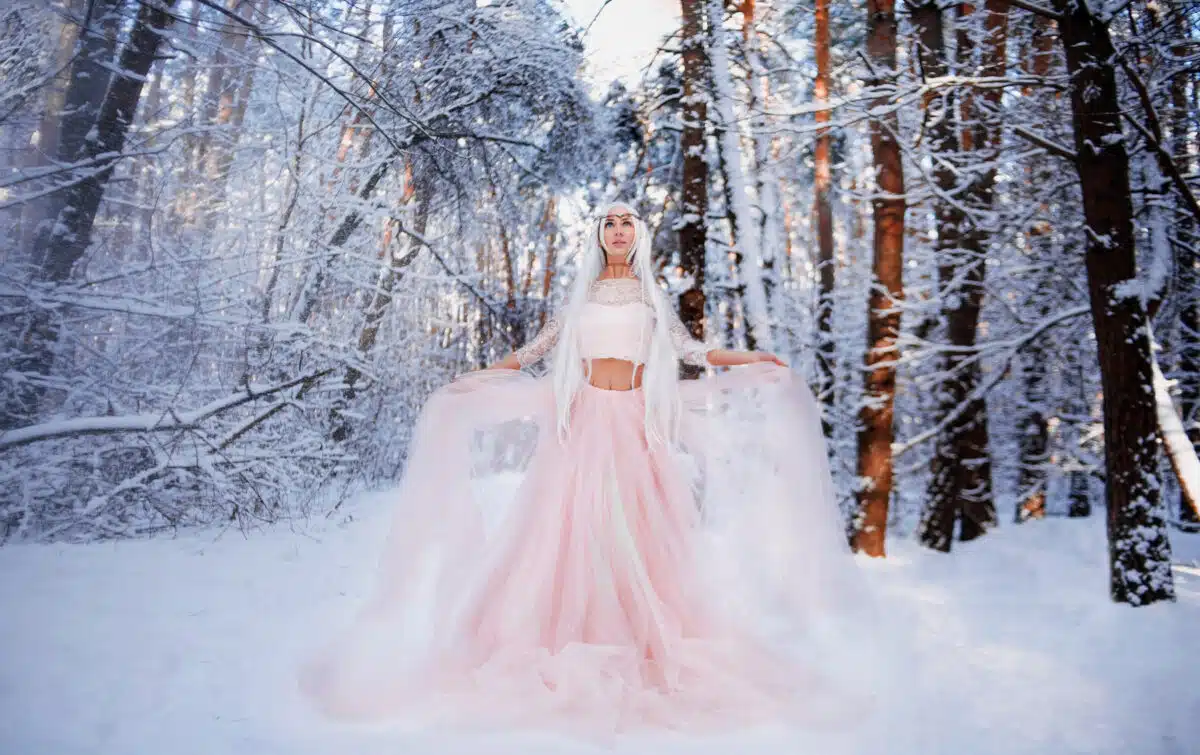
“Fate” by Ralph Waldo Emerson
Deep in the man sits fast his fate
To mould his fortunes, mean or great:
Unknown to Cromwell as to me
Was Cromwell’s measure or degree;
Unknown to him as to his horse,
If he than his groom be better or worse.
He works, plots, fights, in rude affairs,
With squires, lords, kings, his craft compares,
Till late he learned, through doubt and fear,
Broad England harbored not his peer:
Obeying time, the last to own
The Genius from its cloudy throne.
For the prevision is allied
Unto the thing so signified;
Or say, the foresight that awaits
Is the same Genius that creates.
“A Song For Marna” by Bliss Carman (William)
Dame of the night of hair
Like blue smoke blown!
World yet undreamed-of there
Lurks to be known.
Dame of the dizzy eyes,
Lure of dim quests!
World of what midnights lies
Under thy breasts!
Dame of the quench of love,
Give me to quaff!
There’s all the world’s made of
Under thy laugh.
Dame of the dare of gods,
Let the sky lower!
Time, give the world for odds,–
I choose this hour.
“Eternity” by Emily Elizabeth Dickinson
On this wondrous sea,
Sailing silently,
Ho! pilot, ho!
Knowest thou the shore
Where no breakers roar,
Where the storm is o’er?
In the silent west
Many sails at rest,
Their anchors fast;
Thither I pilot thee, —
Land, ho! Eternity!
Ashore at last!
“Evening Star” by Edgar Allan Poe
‘Twas noontide of summer,
And mid-time of night;
And stars, in their orbits,
Shone pale, thro’ the light
Of the brighter, cold moon,
‘Mid planets her slaves,
Herself in the Heavens,
Her beam on the waves.
I gazed awhile
On her cold smile;
Too cold-too cold for me-
There pass’d, as a shroud,
A fleecy cloud,
And I turned away to thee,
Proud Evening Star,
In thy glory afar,
And dearer thy beam shall be;
For joy to my heart
Is the proud part
Thou bearest in Heaven at night,
And more I admire
Thy distant fire,
Than that colder, lowly light.
“The Book Of Martyrs” by Emily Elizabeth Dickinson
Read, sweet, how others strove,
Till we are stouter;
What they renounced,
Till we are less afraid;
How many times they bore
The faithful witness,
Till we are helped,
As if a kingdom cared!
Read then of faith
That shone above the fagot;
Clear strains of hymn
The river could not drown;
Brave names of men
And celestial women,
Passed out of record
Into renown!
“Songs Of Shattering II” by Edna St. Vincent Millay
Let the little birds sing;
Let the little lambs play;
Spring is here; and so ’tis spring;–
But not in the old way!
I recall a place
Where a plum-tree grew;
There you lifted up your face,
And blossoms covered you.
If the little birds sing,
And the little lambs play,
Spring is here; and so ’tis spring–
But not in the old way!
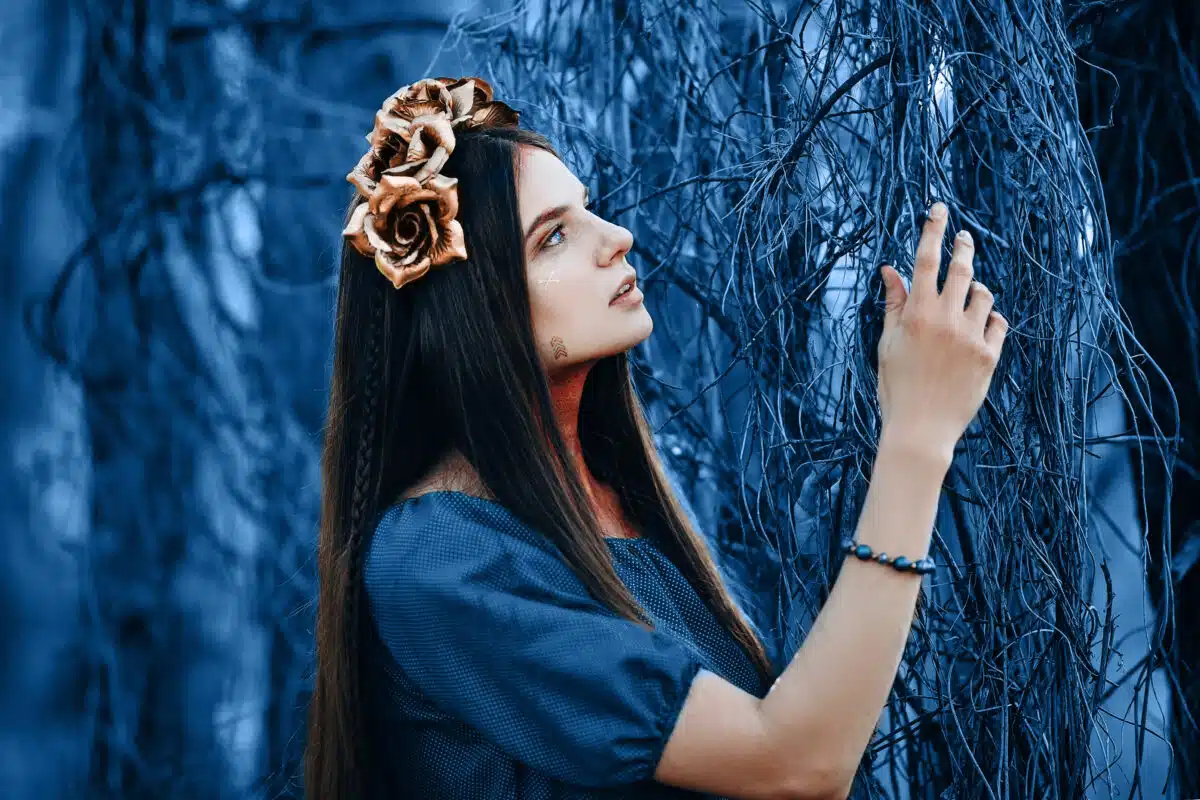
“‘Tis Moonlight, Summer Moonlight” by Emily Brontë
‘Tis moonlight, summer moonlight,
All soft and still and fair;
The solemn hour of midnight
Breathes sweet thoughts everywhere,
But most where trees are sending
Their breezy boughs on high,
Or stooping low are lending
A shelter from the sky.
And there in those wild bowers
A lovely form is laid;
Green grass and dew-steeped flowers
Wave gently round her head.
“Love And Friendship” by Emily Brontë
Love is like the wild rose-briar,
Friendship like the holly-tree—
The holly is dark when the rose-briar blooms
But which will bloom most constantly?
The wild rose-briar is sweet in spring,
Its summer blossoms scent the air;
Yet wait till winter comes again
And who will call the wild-briar fair?
Then scorn the silly rose-wreath now
And deck thee with the holly’s sheen,
That when December blights thy brow
He still may leave thy garland green.
“I Love Thee” by Thomas Hood
I love thee—I love thee!
‘Tis all that I can say;—
It is my vision in the night,
My dreaming in the day;
The very echo of my heart,
The blessing when I pray:
I love thee—I love thee!
Is all that I can say.
I love thee—I love thee!
Is ever on my tongue;
In all my proudest poesy
That chorus still is sung;
It is the verdict of my eyes,
Amidst the gay and young:
I love thee—I love thee!
A thousand maids among.
I love thee—I love thee!
Thy bright hazel glance,
The mellow lute upon those lips,
Whose tender tones entrance;
But most, dear heart of hearts, thy proofs
That still these words enhance,
I love thee—I love thee!
Whatever be thy chance.
Poems to Memorize for Students

“Warren’s Address to the American Soldiers” by John Pierpont
Stand! the ground’s your own, my braves!
Will ye give it up to slaves?
Will ye look for greener graves?
Hope ye mercy still?
What’s the mercy despots feel?
Hear it in that battle-peal!
Read it on yon bristling steel!
Ask it,—ye who will.
Fear ye foes who kill for hire?
Will ye to your homes retire?
Look behind you! they’re afire!
And, before you, see
Who have done it!—From the vale
On they come!—And will ye quail?—
Leaden rain and iron hail
Let their welcome be!
In the God of battles trust!
Die we may,—and die we must;
But, O, where can dust to dust
Be consigned so well,
As where Heaven its dews shall shed
On the martyred patriot’s bed,
And the rocks shall raise their head,
Of his deeds to tell!
“O Captain! My Captain!” by Walt Whitman
O Captain! my Captain! our fearful trip is done,
The ship has weathered every rack, the prize we sought is won,
The port is near, the bells I hear, the people all exulting,
While follow eyes the steady keel, the vessel grim and daring;
But O heart! heart! heart!
O the bleeding drops of red,
Where on the deck my Captain lies,
Fallen cold and dead.
O Captain! my Captain! rise up and hear the bells;
Rise up—for you the flag is flung—for you the bugle trills,
For you bouquets and ribboned wreaths—for you the shores a-crowding,
For you they call, the swaying mass, their eager faces turning;
Here Captain! dear father!
This arm beneath your head!
It is some dream that on the deck
You’ve fallen cold and dead.
My Captain does not answer, his lips are pale and still,
My father does not feel my arm, he has no pulse nor will.
The ship is anchored safe and sound, its voyage closed and done,
From fearful trip the victor ship comes in with object won;
Exult O shores, and ring O bells!
But I, with mournful tread,
Walk the deck my Captain lies,
Fallen cold and dead.
“Cheer Up” by Martin F. Tupper
Never go gloomily, man with a mind,
Hope is a better companion than fear;
Providence, ever benignant and kind,
Gives with a smile what you take with a tear;
All will be right,
Look to the light ;
Morning was ever the daughter of night;
All that was black will be all that is bright,
Cherrily, cheerily, then ! cheer up.
Many a foe is a friend in disguise,
Many a trouble a blessing most true,
Helping the heart to be happy and wise,
Withlove ever precious, and joys ever new!
Stand in the van,
Strive like a man!
This is the bravest and cleverest plan;
Trusting in God while you do what you can.
Cheerily, cheerily, then! cheer up.
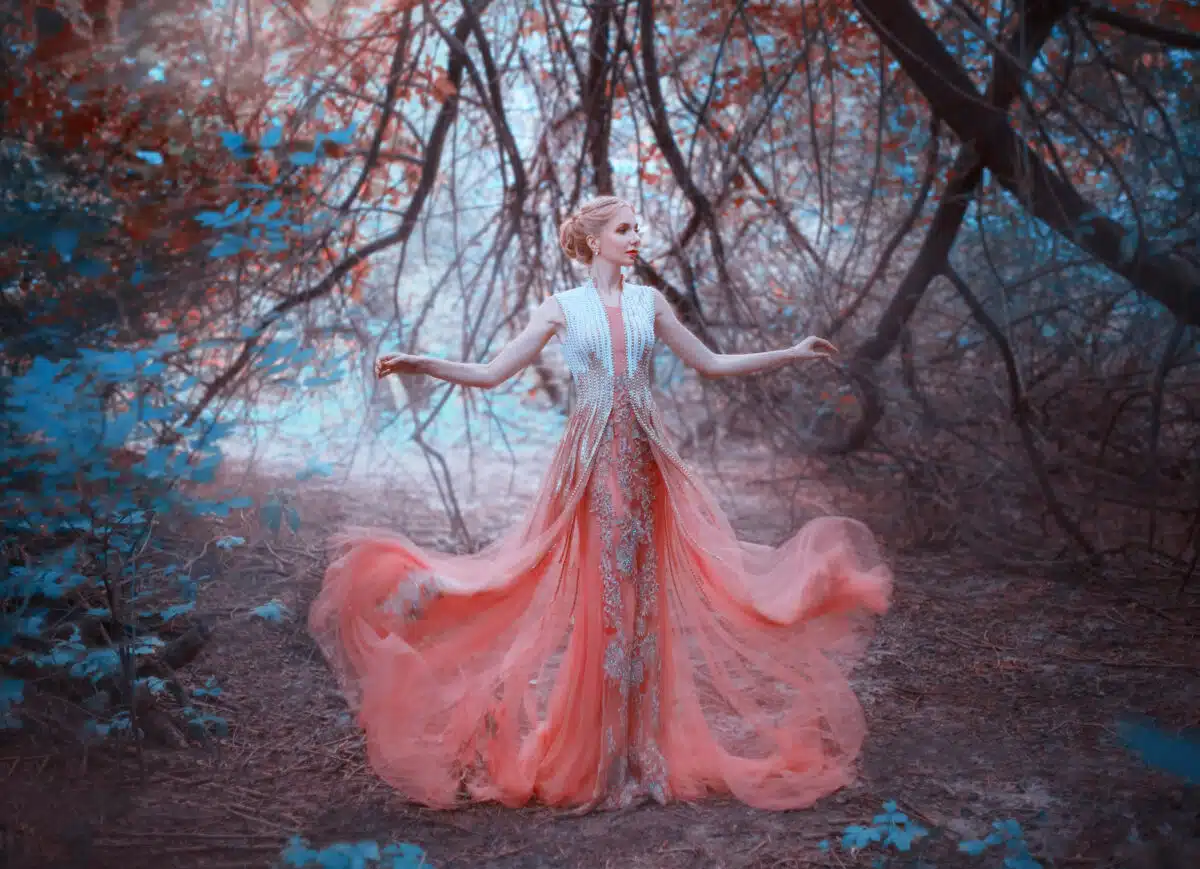
“Trees” by Joyce Kilmer
I think that I shall never see
A poem lovely as a tree.
A tree whose hungry mouth is prest
Against the earth’s sweet flowing breast;
A tree that looks at God all day,
And lifts her leafy arms to pray;
A tree that may in Summer wear
A nest of robins in her hair;
Upon whose bosom snow has lain;
Who intimately lives with rain.
Poems are made by fools like me,
But only God can make a tree.
“Let Us Be Kind” by W. Lomax Childress
Let us be kind;
The way is long and lonely,
And human hearts are asking for this blessing only—
That we be kind.
We cannot know the grief that men may borrow,
We cannot see the souls storm-swept by sorrow,
But love can shine upon the way to-day, to-morrow—
Let us be kind.
Let us be kind;
This is a wealth that has no measure,
This is of Heaven and earth the highest treasure—
Let us be kind.
A tender word, a smile of love in meeting,
A song of hope and victory to those retreating,
A glimpse of God and brotherhood while life is fleeting—
Let us be kind.
Let us be kind;
Around the world the tears of time are falling,
And for the loved and lost these human hearts are calling—
Let us be kind.
To age and youth let gracious words be spoken;
Upon the wheel of pain so many lives are broken,
We live in vain who give no tender token—
Let us be kind.
Let us be kind;
The sunset tints will soon be in the west,
Too late the flowers are laid then on the quiet breast—
Let us be kind.
And when the angel guides have sought and found us,
Their hands shall link the broken ties of earth that bound us,
And Heaven and home shall brighten all around us—
Let us be kind.
“Stopping By Woods On A Snowy Evening” by Robert Lee Frost
Whose woods these are I think I know.
His house is in the village, though;
He will not see me stopping here
To watch his woods fill up with snow.
My little horse must think it’s queer
To stop without a farmhouse near
Between the woods and frozen lake
The darkest evening of the year.
He gives his harness bells a shake
To ask if there’s some mistake.
The only other sound’s the sweep
Of easy wind and downy flake.
The woods are lovely, dark, and deep,
But I have promises to keep,
And miles to go before I sleep,
And miles to go before I sleep.

“The Spring Morning” by Lady Flora Hastings
Get up, little sister, the morning is bright,
And the birds are all singing to welcome the light;
The buds are all opening, the dew’s on the flower;
If you shake but a branch, see! there falls quite a shower.
By the side of their mothers, look! under the trees,
How the young lambs are skipping about as they please!
And by all those rings on the water I know
The fishes are merrily swimming below.
The bee, I dare say, has been long on the wing,
To get honey from every flower of the spring;
For the bee never idles, but labours all day,
And thinks (wise little insect!) work better than play.
The lark’s singing gaily; it loves the bright sun,
And rejoices that now the gay spring has begun;
For the spring is so cheerful, I think ‘ twould be wrong
If we did not feel happy to hear the lark’s song.
Get up, for when all things are merry and glad,
Good children should never be lazy and sad;
For God gives us daylight, dear sister, that we
May rejoice like the lark, and may work like the bee.
“Welcome, Little Robin” by Unknown
Welcome, little robin
With the scarlet breast;
In this winter weather
Cold must be your nest.
Hopping o’er the carpet,
Picking up the crumbs,
Robin knows the children
Love him when he comes.
Is the story true, robin,
You were once so good
To the little orphans
Sleeping in the wood?
Did you see them lying
Pale, and cold, and still,
And strew leaves above them
With your little bill?
Whether true or not, robin,
We are glad to see
How you trust us children,
Walking in so free;
Hopping o’er the carpet,
Picking up the crumbs,
Robin knows the children
Love him when he comes.
And though little robin
Has no gift of speech,
Yet he can a lesson
To the children teach;
Still to trust that blessings
Will be rightly given,
When they ask their Father
For their bread from heaven.
“My Little Brother” by Mary L. Duncan
Little brother, darling boy,
You are very dear to me !
I am happy-full ofjoy,
When your smiling face I see.
How I wish that you could speak,
And could know the words I say !
Pretty stories I would seek,
To amuse you every day ;
All about the honey-bees,
Flying past us in the sun ;
Birds that sing among the trees,
Lambs that in the meadows run.
Shake your rattle-here it is
Listen to its merry noise ;
And when you are tired of this,
I will bring you other toys.

“Written in March” by William Wordsworth
The Cock is crowing,
The stream is flowing,
The small birds twitter,
The lake doth glitter,
The green field sleeps in the sun;
The oldest and youngest
Are at work with the strongest;
The cattle are grazing,
Their heads never raising;
There are forty feeding like one!
Like an army defeated
The snow hath retreated,
And now doth fare ill
On the top of the bare hill;
The ploughboy is whooping—anon—anon
There’s joy in the mountains;
There’s life in the fountains;
Small clouds are sailing,
Blue sky prevailing;
The rain is over and gone!
“The Village Green” by Jane Taylor
On the cheerful village green,
Skirted round with houses small,
All the boys and girls are seen,
Playing there with hoop and ball.
Now they frolic hand in hand,
Making many a merry chain;
Then they form a warlike band,
Marching o’er the level plain.
Now ascends the worsted ball,
High it rises in the air,
Or against the cottage wall,
Up and down it bounces there.
Then the hoop, with even pace,
Runs before the merry crowd;
Joy is seen in every face,
Joy is heard in clamours loud.
Rich array, and mansions proud,
Gilded toys, and costly fare,
Would not make the little crowd
Half so happy as they are.
Then, contented with my state,
Let me envy not the great,
Since true pleasure may be seen
On a cheerful village green.
“Jack and Jane” by Tom Hood
Little Jack Toft
Sat up aloft
On the bough of an apple tree.
Little Jane May
Said to him, “Pray
Throw down an apple for me! “
Jack answered, “No;
All that there grow
Here I shall want for myself;
Any that fall
Yours you may call.”
Oh, what a greedy young elf!
Then came a crack
Crash -and, good lack!
Down tumbled Jacky. But ah!
Kind little Jane
Pitied his pain,
And carried him home to mamma.

“The Bird” by William Allingham
“Birdie, birdie, will you pet?
Summer is long a-coming yet;
You’ll have silken quilts and a violet bed,
And a pillow of satin for your head.”
“There’s a prettier bed in the ivy wall,
Where I live with my brothers and sisters and all,
And every day some garden tree
Brings a message from summer to me.”
“O birdie, birdie! will you pet?
Diamond stones and amber and jet,
We’ll string in a necklace fair and fine,
To deck this pretty bird of mine. “
“Thanks for your diamonds and amber and jet,
But there’s a necklace far better yet ;
A ring of feathers of changing hue,
Lighter, and smoother, and warmer too.”
“O birdie, birdie ! won’t you pet?
We’ll bring you a dish of silver fret,
A golden cup and an ivory seat,
And carpets soft beneath your feet.”
“There’s no running water in cups of gold,
Free food a silver dish can’t hold
A rocking twig beats an ivory chair,
And the softest paths lie through the air.
So adieu, fair lady, adieu!’
“The Chariot” by Emily Elizabeth Dickinson
Because I could not stop for Death,
He kindly stopped for me;
The carriage held but just ourselves
And Immortality.
We slowly drove, he knew no haste,
And I had put away
My labor, and my leisure too,
For his civility.
We passed the school where children played,
Their lessons scarcely done;
We passed the fields of gazing grain,
We passed the setting sun.
We paused before a house that seemed
A swelling of the ground;
The roof was scarcely visible,
The cornice but a mound.
Since then ‘t is centuries; but each
Feels shorter than the day
I first surmised the horses’ heads
Were toward eternity.
“Time Speeds Away” by Vicesimus Knox
Time speeds away—away—away;
Another hour, another day,
Another month, another year,
Drop from us like the leaflets sere;
Drop like the life- blood from our hearts,
The rose-bloom from the cheek departs,
The tresses from the temple fall,
The eye grows dim, and strange to all.
Time speeds away-away-away,
Like torrent in a stormy day;
He undermines the stately tower,
Uproots the tree, and snaps the flower;
And sweeps from our distracted breast
The friends that loved, the friends that blessed,
And leaves us weeping on the shore
To which they can return no more.
Time speeds away-away-away;
No eagle through the skies of day,
No wind along the hills can flee
So swiftly or so smooth as he.
Like fiery steed from stage to stage
He bears us on from youth to age;
Then plunges in the fearful sea
Of fathomless eternity.

“A Psalm of Life” by Henry Wadsworth Longfellow
Tell me not, in mournful numbers,
“Life is but an empty dream!”
For the soul is dead that slumbers,
And things are not what they seem.
Life is real! Life is earnest!
And the grave is not its goal;
“Dust thou art, to dust returnest,
Was not spoken of the soul.
Not enjoyment, and not sorrow,
Is our destined end or way;
But to act, that each to-morrow
Find us farther than to-day.
Art is long, and time is fleeting,
And our hearts, though stout and brave,
Still, like muffled drums are beating
Funeral marches to the grave.
In the world’s broad field of battle,
In the bivouac of Life,
Be not like dumb, driven cattle!
Be a hero in the strife
Trust no Future, howe’er pleasant!
Let the dead Past bury its dead!
Act, act in the living Present!
Heart within, and God o’erhead!
Lives of great men all remind us
We can make our lives sublime,
And, departing, leave behind us
Footprints on the sands of time;
Footprints, that perhaps another,
Sailing o’er life’s solemn main,
A forlorn and shipwrecked brother,
Seeing, shall take heart again.
Let us, then, be up and doing,
With a heart for any fate;
Still achieving, still pursuing,
Learn to labour and to wait.
“To Daffodils” by Robert Herrick
Fair daffodils, we weep to see
You haste away so soon;
As yet the early-rising sun
Has not attain’d his noon.
Stay, stay
Until the hasting day
Has run
But to the evensong;
And, having pray’d together, we
Will go with you along.
We have short time to stay, as you,
We have as short a spring;
As quick a growth to meet decay,
As you, or anything.
We die
As your hours do, and dry
Away
Like to the summer’s rain;
Or as the pearls of morning’s dew,
Ne’er to be found again.
“Mother and I” by Eugene Field
O Mother-My-Love, if you’ll give me your hand,
And go where I ask you to wander,
I will lead you away to a beautiful land—
The Dreamland that’s waiting out yonder.
We’ll walk in a sweet-posy garden out there,
Where moonlight and starlight are streaming,
And the flowers and the birds are filling the air
With the fragrance and music of dreaming.
There’ll be no little tired-out boy to undress,
No questions or cares to perplex you;
There’ll be no little bruises or bumps to caress,
Nor patching of stockings to vex you.
For I’ll rock you away on a silver-dew stream,
And sing you asleep when you’re weary,
And no one shall know of our beautiful dream
But you and your own little dearie.
And when I am tired I’ll nestle my head
In the bosom that’s sooth’d me so often,
And the wide-awake stars shall sing in my stead
A song which our dreaming shall soften.
So Mother-My-Love, let me take your dear hand,
And away through the starlight we’ll wander—
Away through the mist to the beautiful land—
The Dreamland that’s waiting out yonder!

“The Lamb” by William Blake
Little Lamb, who made thee?
Dost thou know who made thee?
Gave thee life, and bade thee feed
By the stream and o’er the mead;
Gave thee clothing of delight,
Softest clothing, woolly, bright;
Gave thee such a tender voice,
Making all the vales rejoice?
Little lamb, who made thee?
Dost thou know who made thee?
Little lamb, I’ll tell thee;
Little lamb, I’ll tell thee:
He is callèd by thy name,
For He calls Himself a Lamb.
He is meek, and He is mild,
He became a little child.
I a child, and thou a lamb,
We are called by His name.
Little lamb, God bless thee!
Little lamb, God bless thee!
“Break, Break, Break” by Lord Alfred Tennyson
Break, break, break,
On thy cold gray stones, O sea!
And I would that my tongue could utter
The thoughts that arise in me.
O well for the fisherman’s boy
That he shouts with his sister at play!
O well for the sailor lad
That he sings in his boat on the bay!
And the stately ships go on
To their haven under the hill;
But O for the touch of a vanished hand,
And the sound of a voice that is still!
Break, break, break,
At the foot of thy crags, O sea!
But the tender grace of a day that is dead
Will never come back to me.
“God’s Will is Best” by Caroline H. Mason
Whichever way the wind doth blow,
Some heart is glad to have it so;
Then blow it east, or blow it west,
The wind that blows, that wind is best.
My little craft sails not alone,—
A thousand fleets, from every zone,
Are out upon a thousand seas,
And what for me were favoring breeze
Might dash another with the shock
Of doom upon some hidden rock.
I leave it to a higher Will
To stay or speed me, trusting still
That all is well, and sure that He
Who launched my bark will sail with me
Through storm and calm, and will not fail,
Whatever breezes may prevail,
To land me, every peril past,
Within His Haven at the last.
Then blow it east, or blow it west,
The wind that blows, that wind is best.
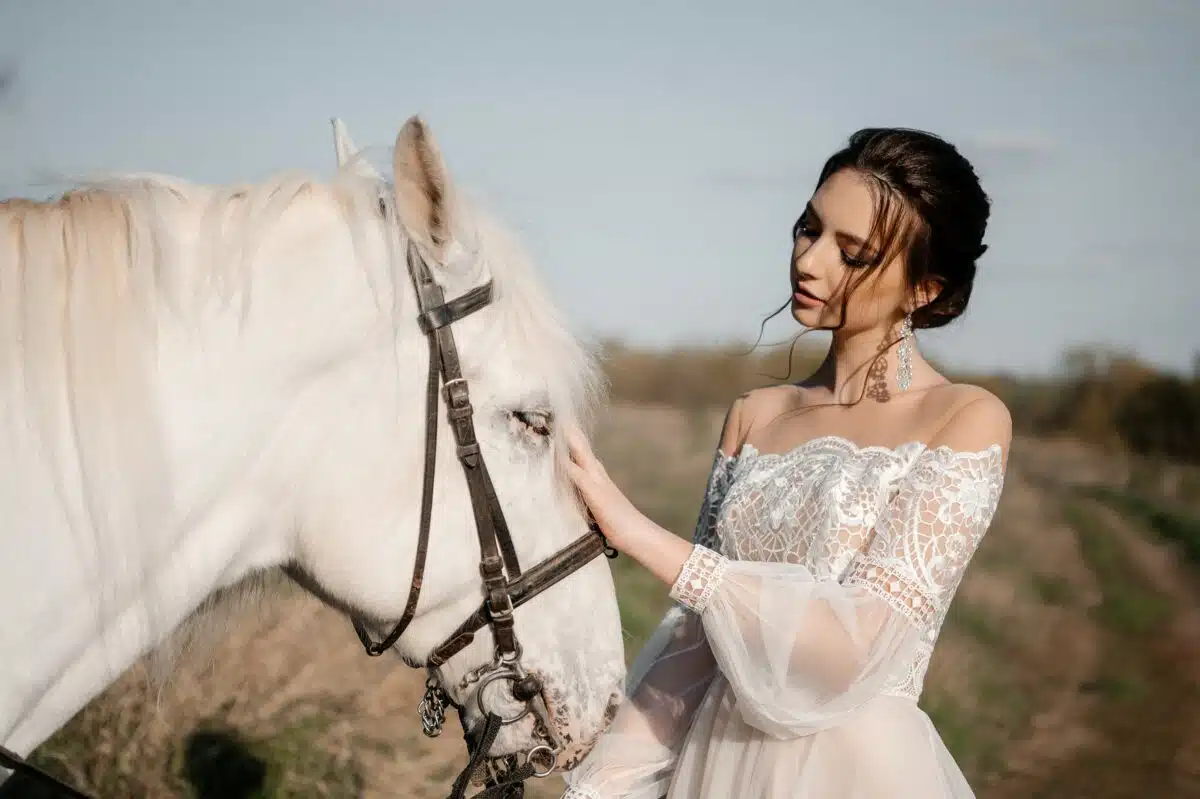
“Wolsey’s Farewell to His Greatness” by William Shakespeare
Farewell! a long farewell, to all my greatness!
This is the state of man: to-day he puts forth
The tender leaves of hope, to-morrow blossoms,
And bears his blushing honours thick upon him:
The third day comes a frost, a killing frost,
And,—when he thinks, good easy man, full surely
His greatness is a-ripening,—nips his root,
And then he falls, as I do. I have ventured,
Like little wanton boys that swim on bladders,
This many summers in a sea of glory,
But far beyond my depth: my high-blown pride
At length broke under me, and now has left me
Weary, and old with service, to the mercy
Of a rude stream, that must for ever hide me.
Vain pomp and glory of this world, I hate ye:
I feel my heart new opened. O, how wretched
Is that poor man that hangs on princes’ favours!
There is, betwixt that smile we would aspire to,
That sweet aspect of princes, and their ruin,
More pangs and fears than wars or women have;
And when he falls, he falls like Lucifer,
Never to hope again.
“Law and Liberty” by E. J. Cutler
O Liberty, thou child of Law,
God’s seal is on thy brow!
O Law, her Mother first and last,
God’s very self art thou!
Two flowers alike, yet not alike,
On the same stem that grow,
Two friends who cannot live apart,
Yet seem each other’s foe.
One, the smooth river’s mirrored flow
Which decks the world with green;
And one, the bank of sturdy rock
Which hems the river in.
O Daughter of the timeless Past,
O Hope the Prophets saw,
God give us Law in Liberty
And Liberty in Law!
“Don’t Kill the Birds” by D.C. Colesworthy
Don’t kill the birds, the pretty birds,
That sing about your door,
Soon as the joyous spring has come,
And chilling storms are o’er.
The little birds, how sweet they sing!
Oh! let them joyous live;
And never seek to take the life
That you can never give.
Don’t kill the birds, the pretty birds,
That play among the trees;
‘Twould make the earth a cheerless place,
Should we dispense with these.
The little birds, how fond they play!
Do not disturb their sport;
But let them warble forth their songs,
Till winter cuts them short.
Don’t kill the birds, the happy birds,
That bless the fields and grove;
So innocent to look upon,
They claim our warmest love.
The happy birds, the tuneful birds,
How pleasant ’tis to see!
No spot can be a cheerless place
Where’er their presence be.
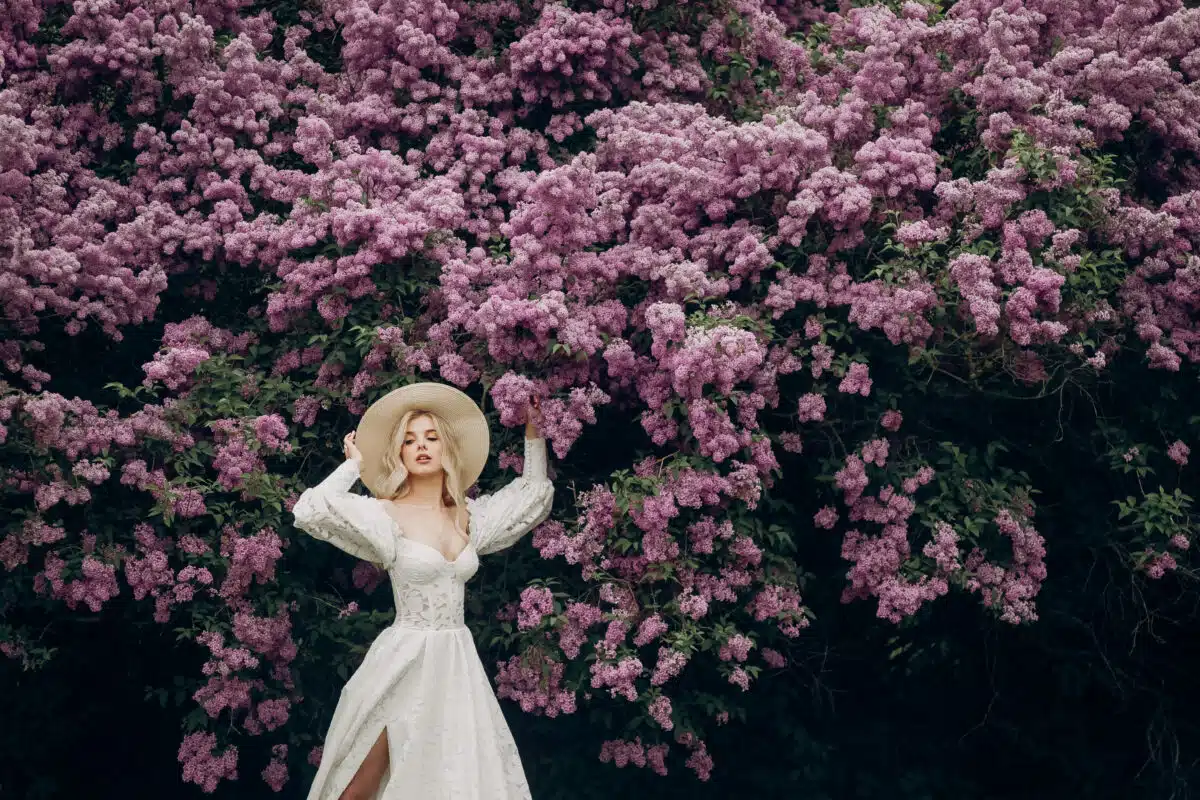
“April! April! Are You Here?” by Dora Read Goodale
April! April! are you here?
Oh, how fresh the wind is blowing!
See! the sky is bright and clear,
Oh, how green the grass is growing!
April! April! are you here?
April! April! is it you?
See how fair the flowers are springing!
Sun is warm and brooks are clear,
Oh, how glad the birds are singing!
April! April! is it you?
April! April! you are here!
Though your smiling turn to weeping,
Though your skies grow cold and drear,
Though your gentle winds are sleeping,
April! April! you are here!
“The Things Divine” by Jean Brooks Burt
These are the things I hold divine:
A trusting child’s hand laid in mine,
Rich brown earth and wind-tossed trees,
The taste of grapes and the drone of bees,
A rhythmic gallop, long June days,
A rose-hedged lane and lovers’ lays,
The welcome smile on neighbors’ faces,
Cool, wide hills and open places,
Breeze-blown fields of silver rye,
The wild, sweet note of the plover’s cry,
Fresh spring showers and scent of box,
The soft, pale tint of the garden phlox,
Lilacs blooming, a drowsy noon,
A flight of geese and an autumn moon,
Rolling meadows and storm-washed heights,
A fountain murmur on summer nights,
A dappled fawn in the forest hush,
Simple words and the song of a thrush,
Rose-red dawns and a mate to share
With comrade soul my gypsy fare,
A waiting fire when the twilight ends,
A gallant heart and the voice of friends.
“The Two Kinds of People” by Ella Wheeler Wilcox
There are two kinds of people on earth to-day;
Just two kinds of people, no more, I say.
Not the sinner and saint, for it’s well understood,
The good are half bad and the bad are half good.
Not the rich and the poor, for to rate a man’s wealth,
You must first know the state of his conscience and health.
Not the humble and proud, for in life’s little span,
Who puts on vain airs is not counted a man.
Not the happy and sad, for the swift flying years
Bring each man his laughter and each man his tears.
No; the two kinds of people on earth I mean,
Are the people who lift and the people who lean.
Wherever you go, you will find the earth’s masses
Are always divided in just these two classes.
And, oddly enough, you will find, too, I ween,
There’s only one lifter to twenty who lean.
In which class are you? Are you easing the load
Of overtaxed lifters, who toil down the road?
Or are you a leaner, who lets others share
Your portion of labor, and worry and care?
“The Road Not Taken” by Robert Lee Frost
Two roads diverged in a yellow wood,
And sorry I could not travel both
And be one traveler, long I stood
And looked down one as far as I could
To where it bent in the undergrowth;
Then took the other, as just as fair
And having perhaps the better claim,
Because it was grassy and wanted wear;
Though as for that, the passing there
Had worn them really about the same,
And both that morning equally lay
In leaves no step had trodden black
Oh, I kept the first for another day!
Yet knowing how way leads on to way,
I doubted if I should ever come back.
I shall be telling this with a sigh
Somewhere ages and ages hence:
Two roads diverged in a wood, and I,
I took the one less traveled by,
And that has made all the difference.
“A Nursery Darling” by Lewis Carroll
A Mother’s breast:
Safe refuge from her childish fears,
From childish troubles, childish tears,
Mists that enshroud her dawning years!
see how in sleep she seems to sing
A voiceless psalm, an offering
Raised, to the glory of her King
In Love: for Love is Rest.
A Darling’s kiss:
Dearest of all the signs that fleet
From lips that lovingly repeat
Again, again, the message sweet!
Full to the brim with girlish glee,
A child, a very child is she,
Whose dream of heaven is still to be
At Home: for Home is Bliss.
“A Little Bird I Am” by Louisa May Alcott
“A little bird I am,
Shut from the fields of air,
And in my cage I sit and sing
To Him who placed me there:
Well pleased a prisoner to be,
Because, my God, it pleases Thee!
“Naught have I else to do;
I sing the whole day long;
And He whom most I love to please
Doth listen to my song,
He caught and bound my wandering wing,
But still He bends to hear me sing.”
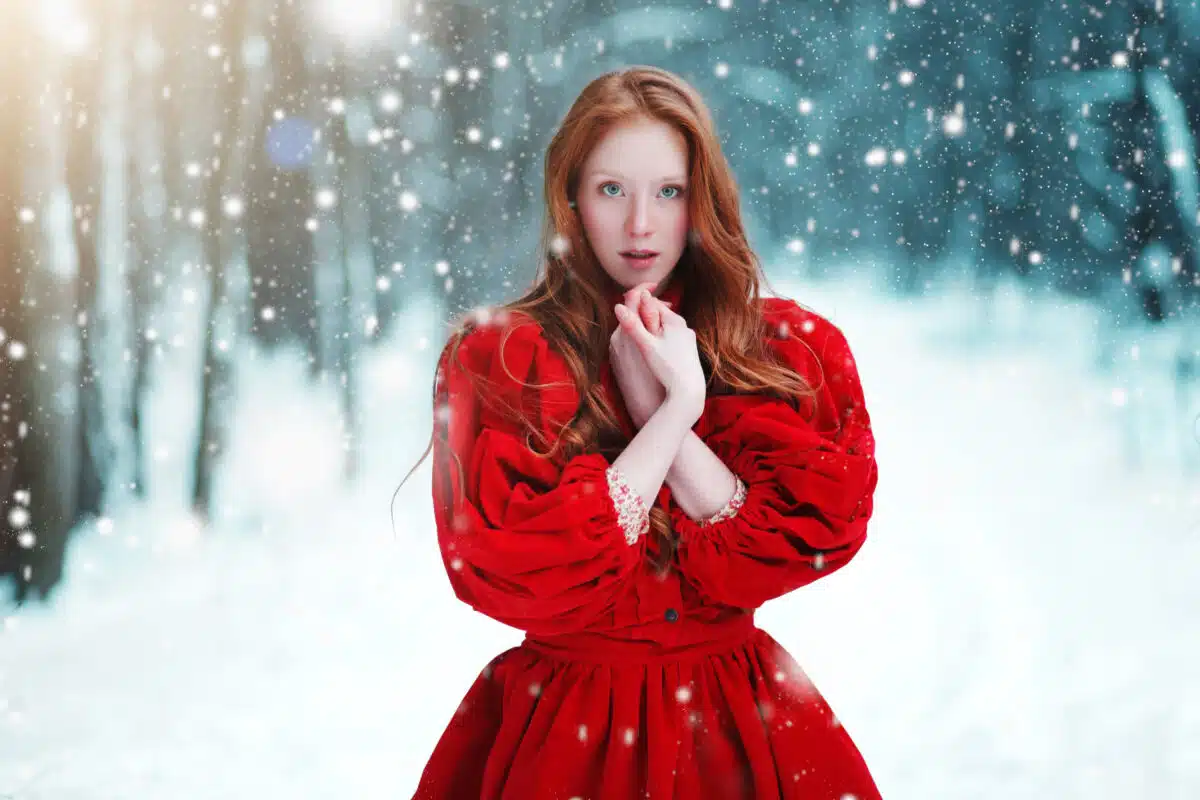
“The Blessed Day” by Louisa May Alcott
“What shall little children bring
On Christmas Day, on Christmas Day?
What shall little children bring
On Christmas Day in the morning?
This shall little children bring
On Christmas Day, on Christmas Day;
Love and joy to Christ their king,
On Christmas Day in the morning!
“What shall little children sing
On Christmas Day, on Christmas Day?
What shall little children sing
On Christmas Day in the morning?
The grand old carols shall they sing
On Christmas Day, on Christmas Day;
With all their hearts, their offerings bring
On Christmas Day in the morning.”
“Echoes” by Lewis Carroll
Lady Clara Vere de Vere
Was eight years old, she said:
Every ringlet, lightly shaken, ran itself in golden thread.
She took her little porringer:
Of me she shall not win renown:
For the baseness of its nature shall have strength to drag her
down.
“Sisters and brothers, little Maid?
There stands the Inspector at thy door:
Like a dog, he hunts for boys who know not two and two are four.”
“Kind words are more than coronets,”
She said, and wondering looked at me:
“It is the dead unhappy night, and I must hurry home to tea.”
“Dreamland” by Lewis Carroll
When midnight mists are creeping,
And all the land is sleeping,
Around me tread the mighty dead,
And slowly pass away.
Lo, warriors, saints, and sages,
From out the vanished ages,
With solemn pace and reverend face
Appear and pass away.
The blaze of noonday splendour,
The twilight soft and tender,
May charm the eye: yet they shall die,
Shall die and pass away.
But here, in Dreamland’s centre,
No spoiler’s hand may enter,
These visions fair, this radiance rare,
Shall never pass away.
I see the shadows falling,
The forms of old recalling;
Around me tread the mighty dead,
And slowly pass away.

“My Fancy” by Lewis Carroll
I painted her a gushing thing,
With years about a score;
I little thought to find they were
A least a dozen more;
My fancy gave her eyes of blue,
A curly auburn head:
I came to find the blue a green,
The auburn turned to red.
She boxed my ears this morning,
They tingled very much;
I own that I could wish her
A somewhat lighter touch;
And if you ask me how
Her charms might be improved,
I would not have them added to,
But just a few removed!
She has the bear’s ethereal grace,
The bland hyaena’s laugh,
The footstep of the elephant,
The neck of a giraffe;
I love her still, believe me,
Though my heart its passion hides;
“She’s all my fancy painted her,”
But oh! how much besides!
“The Wood-God” by Bliss Carman (William)
Brother, lost brother!
Thou of mine ancient kin!
Thou of the swift will that no ponderings smother!
The dumb life in me fumbles out to the shade
Thou lurkest in.
In vain–evasive ever through the glade
Departing footsteps fail;
And only where the grasses have been pressed,
Or by snapped twigs I follow a fruitless trail.
So–give o’er the quest!
Sprawl on the roots and moss!
Let the lithe garter squirm across my throat!
Let the slow clouds and leaves above me float
Into mine eyeballs and across,–
Nor think them further! Lo, the marvel! now,
Thou whom my soul desireth, even thou
Sprawl’st by my side, who fled’st at my pursuit.
I hear thy fluting; at my shoulder there
I see the sharp ears through the tangled hair,
And birds and bunnies at thy music mute.
“Peace” by John Clare
I seek for Peace—I care not where ’tis found:
On this rude scene in briars and brambles drest,
If peace dwells here, ’tis consecrated ground,
And owns the power to give my bosom rest;
To soothe the rankling of each bitter wound,
Gall’d by rude Envy’s adder-biting jest,
And worldly strife;—ah, I am looking round
For Peace’s hermitage, can it be found?—
Surely that breeze that o’er the blue wave curl’d
Did whisper soft, “Thy wanderings here are blest.”
How different from the language of the world!
Nor jeers nor taunts in this still spot are given:
Its calm’s a balsam to a soul distrest;
And, where Peace smiles, a wilderness is heaven.

“Serenade” by Edgar Allan Poe
So sweet the hour, so calm the time,
I feel it more than half a crime,
When Nature sleeps and stars are mute,
To mar the silence ev’n with lute.
At rest on ocean’s brilliant dyes
An image of Elysium lies:
Seven Pleiades entranced in Heaven,
Form in the deep another seven:
Endymion nodding from above
Sees in the sea a second love.
Within the valleys dim and brown,
And on the spectral mountain’s crown,
The wearied light is dying down,
And earth, and stars, and sea, and sky
Are redolent of sleep, as I
Am redolent of thee and thine
Enthralling love, my Adeline.
But list, O list, so soft and low
Thy lover’s voice tonight shall flow,
That, scarce awake, thy soul shall deem
My words the music of a dream.
Thus, while no single sound too rude
Upon thy slumber shall intrude,
Our thoughts, our souls O God above!
In every deed shall mingle, love.
“A Dream Within A Drea” by Edgar Allan Poe
Take this kiss upon the brow!
And, in parting from you now,
Thus much let me avow
You are not wrong, who deem
That my days have been a dream:
Yet if hope has flown away
In a night, or in a day,
In a vision or in none,
Is it therefore the less gone?
All that we see or seem
Is but a dream within a dream.
I stand amid the roar
Of a surf-tormented shore,
And I hold within my hand
Grains of the golden sand
How few! yet how they creep
Through my fingers to the deep
While I weep while I weep!
O God! can I not grasp
Them with a tighter clasp?
O God! can I not save
One from the pitiless wave?
Is all that we see or seem
But a dream within a dream?
“A Life Lesson” by James Whitcomb Riley
There! little girl; don’t cry!
They have broken your doll, I know;
And your tea-set blue,
And your play-house, too,
Are things of the long ago;
But childish troubles will soon pass by. —
There! little girl; don’t cry!
There! little girl; don’t cry!
They have broken your slate, I know;
And the glad, wild ways
Of your schoolgirl days
Are things of the long ago;
But life and love will soon come by. —
There! little girl; don’t cry!
There! little girl; don’t cry!
They have broken your heart I know;
And the rainbow gleams
Of your youthful dreams
Are things of the long ago;
But Heaven holds all for which you sigh. —
There! little girl; don’t cry!
